The Docker ecosystem is incessantly gaining momentum and has changed how we create and deploy applications. It is among, if not the most popular container software that allows you to package applications and run in isolation from other applications. This article will cover 50 different tools that can be used with Docker to make it more awesome for app production and deployment. These tools will help you to transform the software development process at every phase.
What is a Docker Tool?
Docker is a toolkit that allows developers to develop, deploy, run, update, and stop containers using simple commands and work-saving automation through a single API.
The containerization platform has solved many challenges faced by an IT team while deploying the code. Docker provides several tools that automate tasks and manage containers efficiently. In addition to offering a galore of in-built tools, it can also be easily integrated with third-party tools to provide many features and extend its functionality. These in-built and third-party tools are known as Docker Tools.
50 Useful Docker Tools to Use in 2023
To make this enormous listing of the 50 most useful tools for Docker palatable, we have categorized all the tools based on their primary purpose(s). These are:
1. Orchestration and Schedulers (9)
- Kubernetes
- Mesosphere DC/OS
- Docker Swarm
- Amazon ECS
- AKS (Azure Container Service)
- GKE (Google Container Engine)
- Hashicorp Nomad
- Helios
- RancherOS
2. Continuous Integration/Continuous Deployment (CI/CD) (10)
- Jenkins
- Circle CI
- CodeShip
- GitLab CI
- Shippable
- CodeFresh
- Travis CI
- Buddy
- Drone
- Wrecker
3. Monitoring (6)
- Sumologic
- Retrace
- Datadog
- New Relic
- cAdvisor
- Pagerduty
4. Logging (4)
- Logspout
- Fluentd
- Logstash
- Syslog-ng
5. Storage/Volume Management (4)
- Flocker
- Convoy
- Portworx
- Blockbridge
6. Security (5)
- Clair
- Aqua Security
- Twistlock
- Docker Bench for Security
- Docker Notary
7. Networking (3)
- Flannel
- Calico
- Weaveworks
8. Service Discovery (2)
- Consul
- Etcd
9. Builds (3)
- Packer
- Whales
- Gradle
10. PaaS (4)
- OpenShift
- Heroku Docker
- Jelastic
- Flynn
You can use these tools to facilitate creating and deploying Docker containers to match a diverse range of needs and requirements. We shall now discuss each Docker tool in-depth below category-wise, starting with Docker Orchestration and Schedulers.
Orchestration and Schedulers
1. Kubernetes It is among the commonly used container orchestration tools available on the market. Kubernetes was launched by Google, which uses it to run and manage a huge number of containers daily.
It is among the commonly used container orchestration tools available on the market. Kubernetes was launched by Google, which uses it to run and manage a huge number of containers daily.
Kubernetes lets you group different containers together into clusters and isolates your application(s) from the underlying system.
Highlights:
- You do not require a large IT team to support the scalable infrastructure.
- Ensures flexibility by allowing you to scale up the resources.
- Ensures automatic scheduling. Provides a consistent environment throughout the different phases of the application process.
- Helps in load balancing.
- Can be implemented on any platform, on-premises, hybrid, or public cloud.
2. Mesosphere DC/OS (Datacenter operating system)
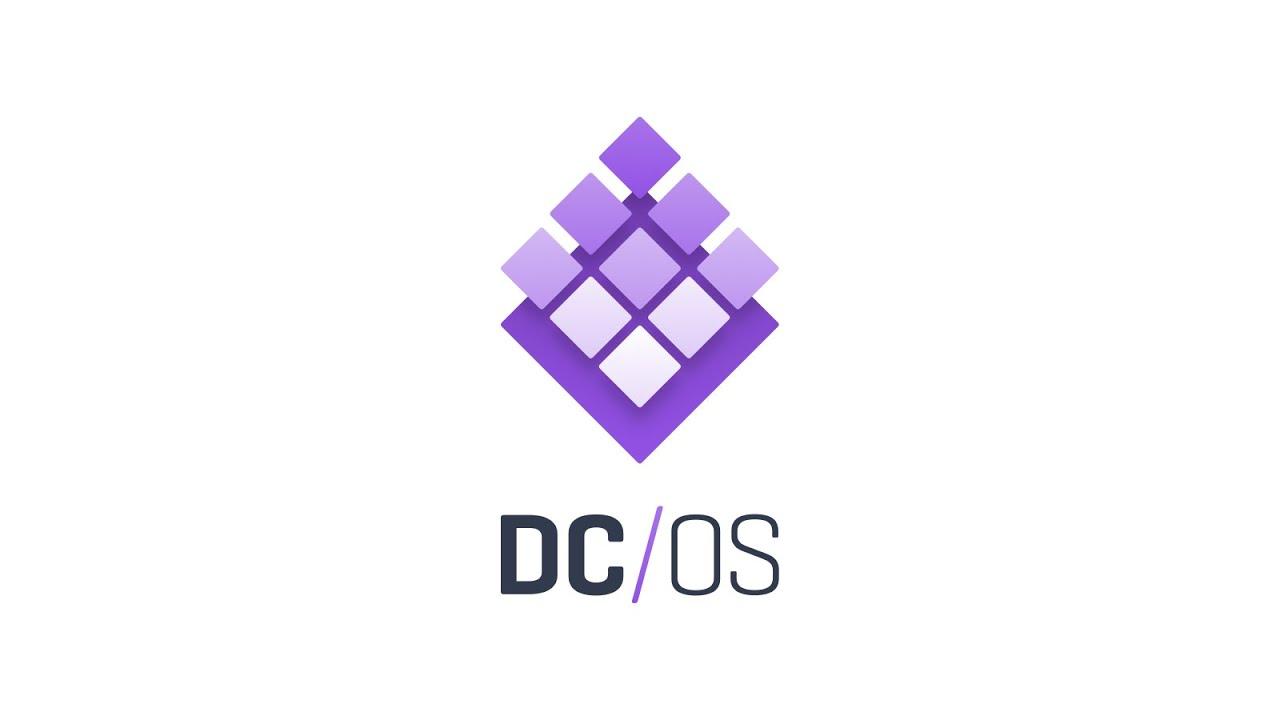 It is an open-source platform for creating data and containers built on Apache Mesos kernel’s distributed system. Mesosphere DC/OS allows you to run multiple machines in a single data center as one or many clusters.
It is an open-source platform for creating data and containers built on Apache Mesos kernel’s distributed system. Mesosphere DC/OS allows you to run multiple machines in a single data center as one or many clusters.
You can run these machines on any platform, whether on-premise or cloud. DC/OS helps in deploying containers and managing the stateless and stateful workloads within the same environment.
Highlights:
- You can use this tool in-line with Docker Swarm and Kubernetes.
- Allows purchasing a subscription based on the nodes you are using.
- Works as a single supercomputer.
- Helps in preventing vendor lock-in situations.
3. Docker Swarm
Docker Swarm helps developers manage and orchestrate containers across multiple servers. Docker included Swarm from its 1.12.0 version.
It has many desirable features, like load balancing, scaling, security, and service discovery. Docker Swarm provides a straightforward experience as compared to Kubernetes.
Highlights:
- Comes pre-packaged with Docker.
- You can create and deploy Docker nodes, and clusters with it.
- Provides decentralized access, high security, autoload balancing, high scalability, and rolling back options.
- Allows you to share containers across various nodes.
- You can run various images on the same host OS.
4. Amazon ECS (EC2 Container Service)
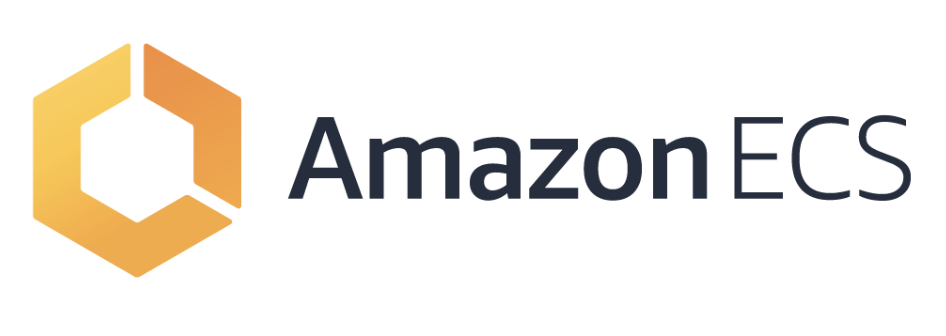 Amazon introduced ECS for solving the container orchestration problem. It is a service that allows you to run container applications on EC2 instances.
Amazon introduced ECS for solving the container orchestration problem. It is a service that allows you to run container applications on EC2 instances.
ECS offers you various components for scheduling and deploying Docker clusters, tasks, and multiple services. AWS ECS provides services that will help you to run containers efficiently.
Highlights:
- No additional costs, just pay for the resources used.
- Smooth integration into the Docker ecosystem.
- Comes with excellent documentation.
- Ensures load balancing.
5. Azure Container Service (AKS)
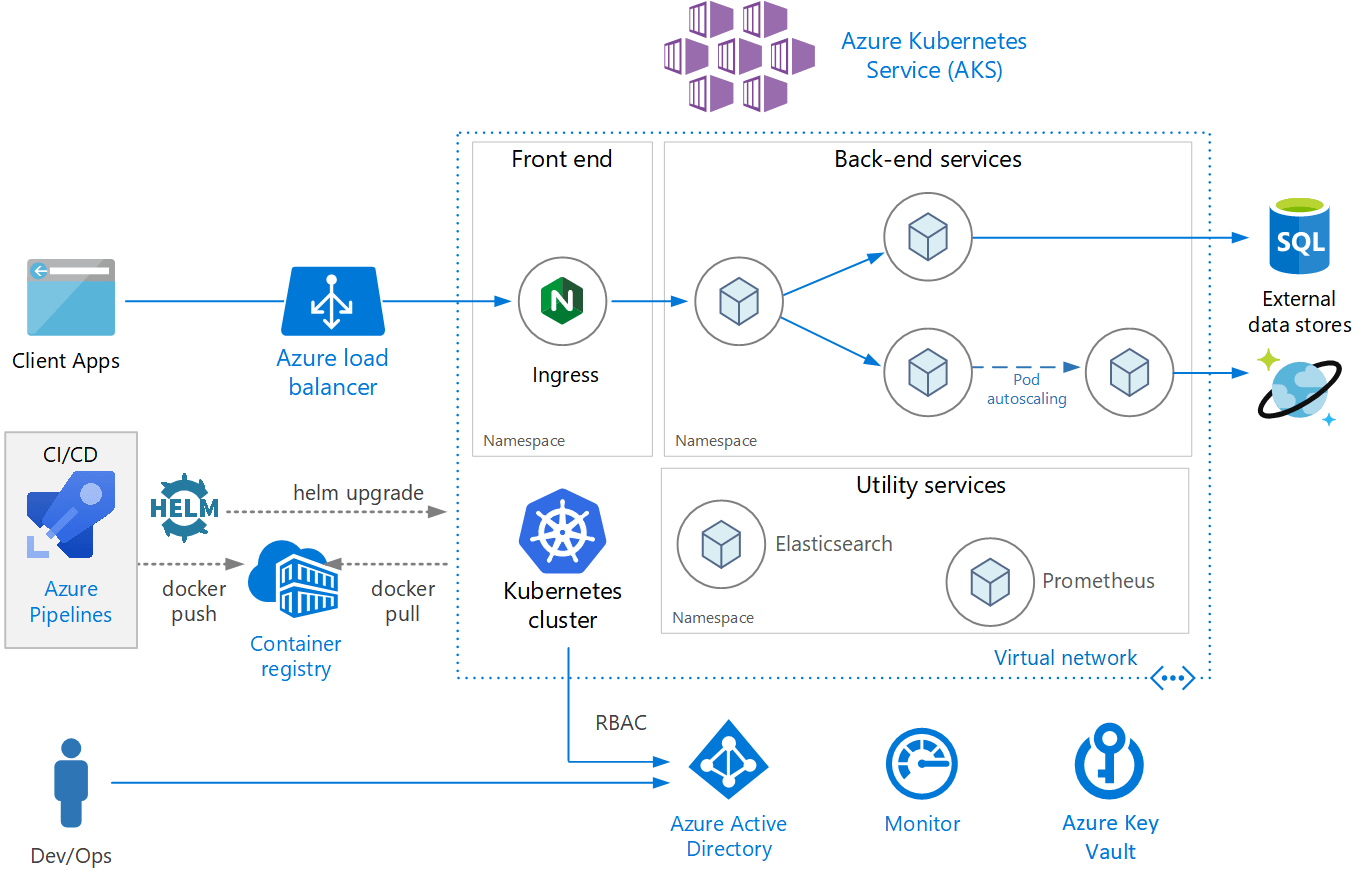 AKS is an open-source service that is being optimized to work on the Azure virtual machine. It offers you all the necessary tools that will help in creating, configuring, and managing the open Docker container infrastructure. With AKS, you only have to pay for the used resources, infrastructure, and network.
AKS is an open-source service that is being optimized to work on the Azure virtual machine. It offers you all the necessary tools that will help in creating, configuring, and managing the open Docker container infrastructure. With AKS, you only have to pay for the used resources, infrastructure, and network.
Highlights:
- You can quickly migrate your applications from the traditional infrastructure to the advanced cloud infrastructure.
- It can merge with your existing management system and tools.
6. Google Container Engine (GKE)
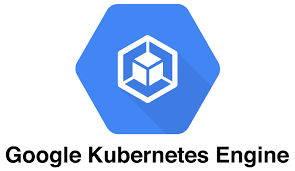 GKE enables you to deploy, manage, and scale the containerized application on the Google cloud. It helps control container-based workloads and cuts efforts, resulting in enhanced productivity.
GKE enables you to deploy, manage, and scale the containerized application on the Google cloud. It helps control container-based workloads and cuts efforts, resulting in enhanced productivity.
Google Container Engine ensures a smooth user experience with the help of easy command-line tools. It reduces the complexity of different tasks.
Highlights:
- Allows you to manage the Kubernetes cluster efficiently.
- You can set up clusters within no time.
- Lets you manage access to Kubernetes with the help of Google accounts.
- You can use up to 5 nodes for free.
7. Hashicorp Nomad
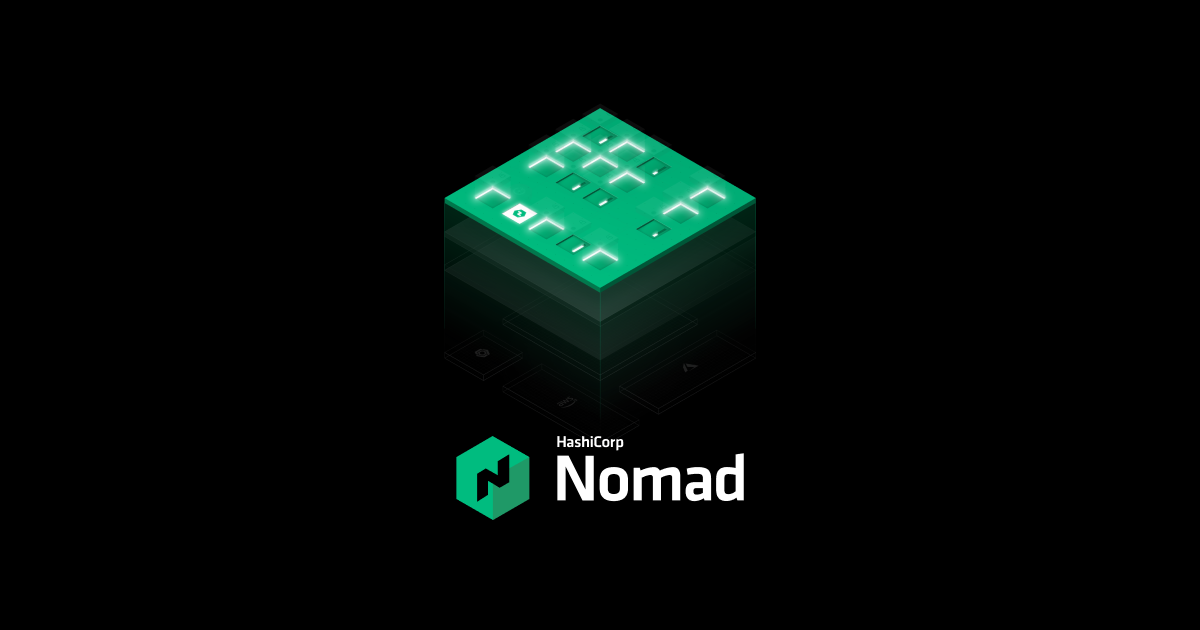 Hashicorp Nomad is a binary tool that allows you to schedule all the virtualized, containerized, and individual applications.
Hashicorp Nomad is a binary tool that allows you to schedule all the virtualized, containerized, and individual applications.
You can run from one to thousands of containers across multiple servers using Hashicorp Nomad. It enhances performance density and reduces costs by providing few resources to several applications.
Highlights:
- Supports many platforms, like Linux, Windows, BSD, and macOS.
- You can run your applications on any cloud platform.
- Manages the resources efficiently with optimum utilization.
- Available for free.
8. Helios
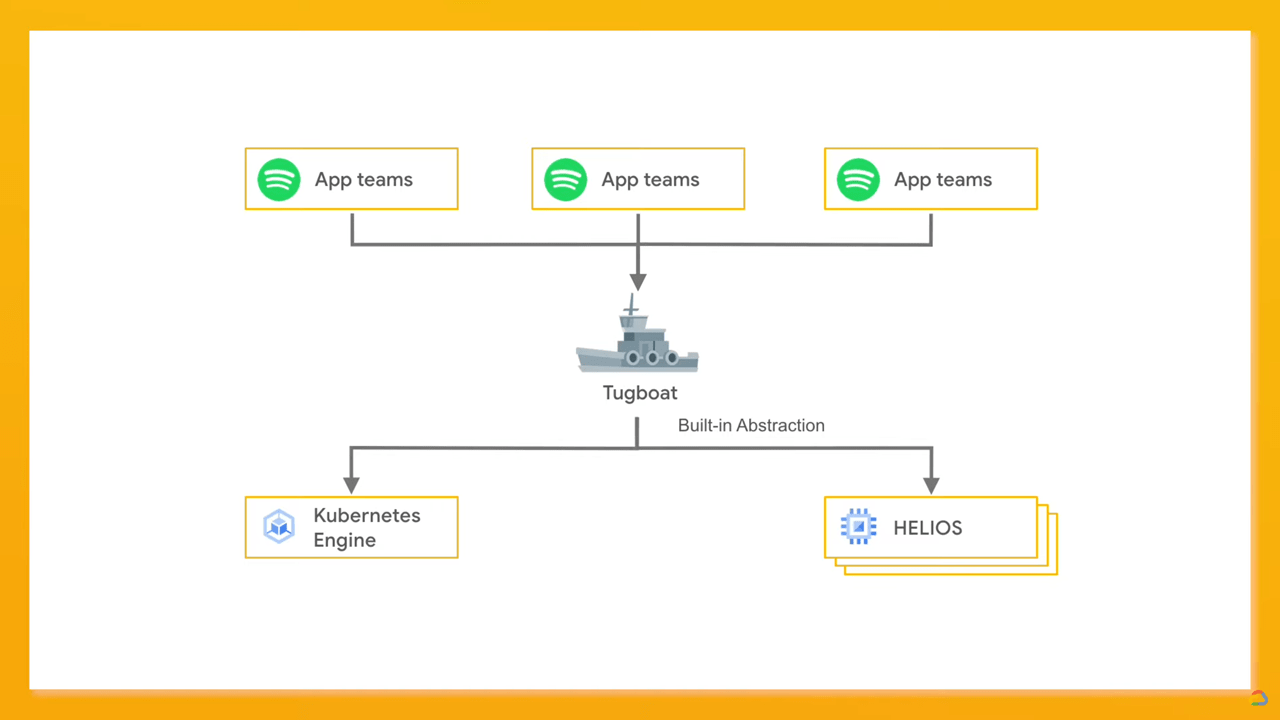 Starting as an internal tool for Spotify, Helios ensures that thousands of microservices will work effortlessly across several servers.
Starting as an internal tool for Spotify, Helios ensures that thousands of microservices will work effortlessly across several servers.
Helios allows you to deploy and manage containers with high scalability. It comes with an HTTP-based API and has a command-line client.
Highlights:
- Open-source projects are available freely.
- Does not work on particular network topology.
- Only requires a Zookeeper cluster and JVM installed on the system.
9. RancherOS
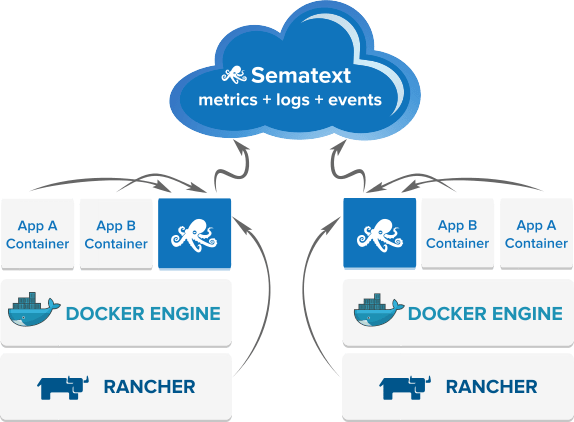 It not only works as a container orchestrator but also provides a complete container management platform that will operate Docker in the production environment.
It not only works as a container orchestrator but also provides a complete container management platform that will operate Docker in the production environment.
RancherOS is a container-based operating system that helps in handling several services like load balancing, multi-host networking, and taking volume snapshots. It can be efficiently integrated with a Docker Machine and Docker Swarm.
Highlights:
- Helps in reducing the boot time and complexities.
- Doesn’t require additional libraries and services.
- Allows you to run containers with high scalability.
Continuous Integration/Continuous Deployment (CI/CD)
10. Jenkins
 It is a popular CI tool that allows the DevOps and IT teams to automate application development and test cycles. Jenkins is a Java-based program that offers several plugins that help it integrate with other tools available across the technology stack.
It is a popular CI tool that allows the DevOps and IT teams to automate application development and test cycles. Jenkins is a Java-based program that offers several plugins that help it integrate with other tools available across the technology stack.
Jenkins allows you to build agents and deploy artifacts quickly and efficiently, which are also easy to tear down when required.
Highlights:
- A free Java-based tool.
- It has become one of the leading tools within the DevOps teams.
- Can be easily configured.
11. Circle CI
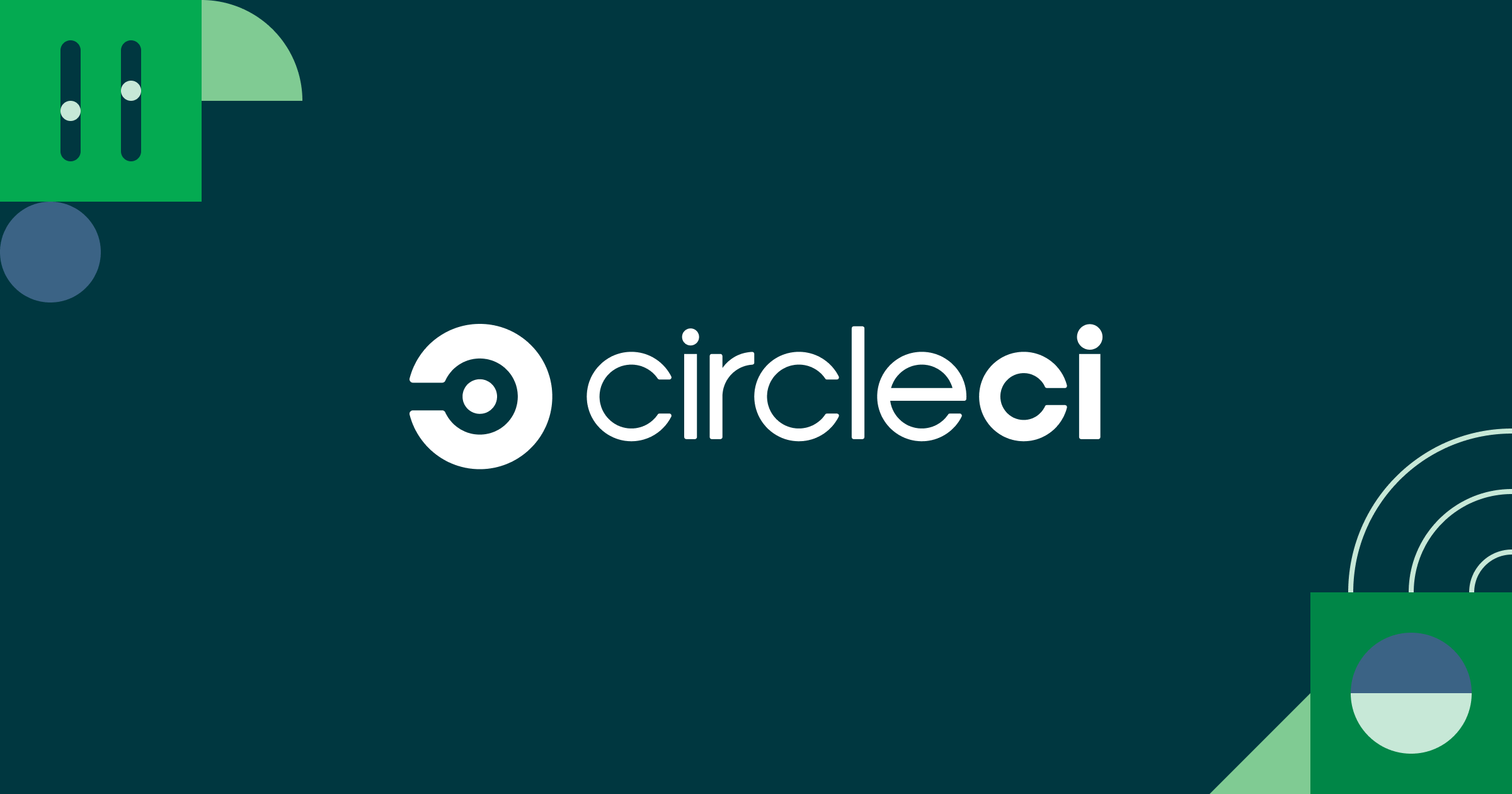 This Docker third-party tool helps the software teams to assure quality to customers without worrying about maintaining the CI infrastructure. Circle CI enhances team productivity by providing a more comfortable and smoother CI process.
This Docker third-party tool helps the software teams to assure quality to customers without worrying about maintaining the CI infrastructure. Circle CI enhances team productivity by providing a more comfortable and smoother CI process.
Circle CI can be integrated quickly within the system and starts with the development and deployment process as soon as you sign up. It provides SSH debugging and scales the containers dynamically, even at the start of the project.
Highlights:
- The first container is free to use.
- Comes with support for compilers like Java, Scala, and Less.
- Provides support for test runners, including Nose, Django, and Cucumber.
12. CodeShip
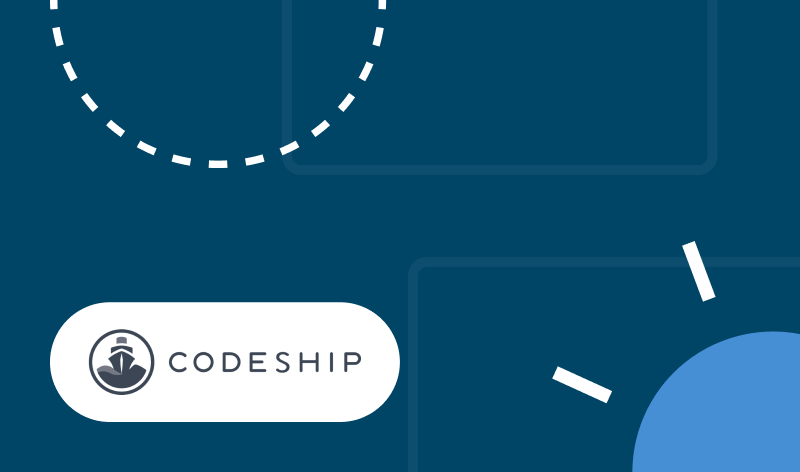 It is a CI platform that offers a high degree of customization and provides support for existing Docker workflows. CodeShip ensures security and high speed.
It is a CI platform that offers a high degree of customization and provides support for existing Docker workflows. CodeShip ensures security and high speed.
CodeShip allows you to automate the testing and deployment tasks along with build environment control. It comes with generous support for other cloud platforms and orchestration tools.
Highlights:
- Provides dedicated instances for hosting the code.
- Comes with many subscription plans to suit different business requirements.
- Allows parallel and automated testing.
- Lets you configure the deployment pipeline.
13. GitLab CI
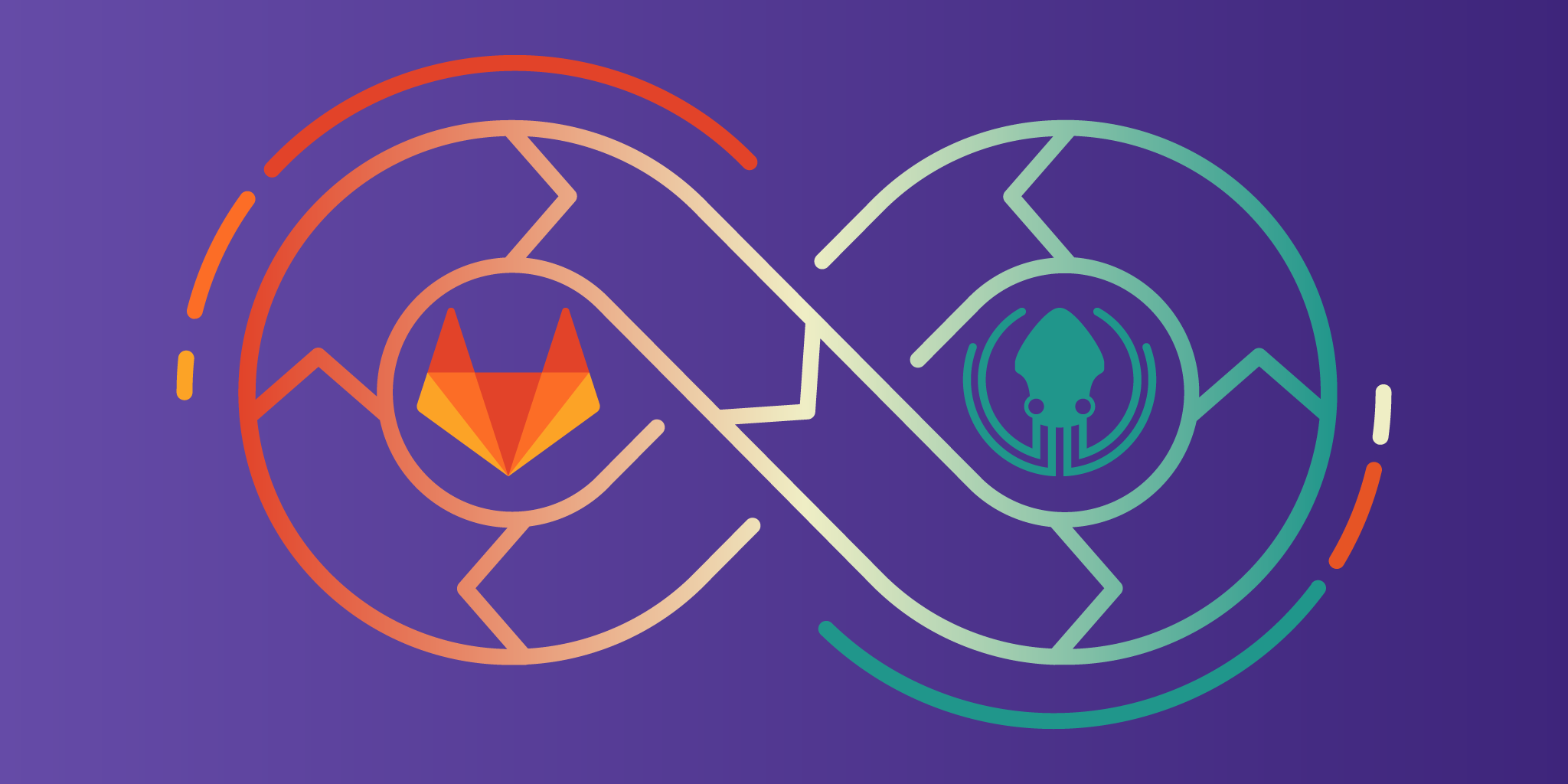 GitLab CI combines CI, CD, and code review that helps in effectively handling the complete lifecycle of an application. It works along with Git(Lab) Runner on the Docker Engine that will automate the application tests and bills. GitLab CI comes with a built-in container registry that will scan and store the Docker repos.
GitLab CI combines CI, CD, and code review that helps in effectively handling the complete lifecycle of an application. It works along with Git(Lab) Runner on the Docker Engine that will automate the application tests and bills. GitLab CI comes with a built-in container registry that will scan and store the Docker repos.
Highlights:
- Helps in reviewing code, tracking issues, and managing the repository.
- It has 3 subscription plans.
14. Shippable
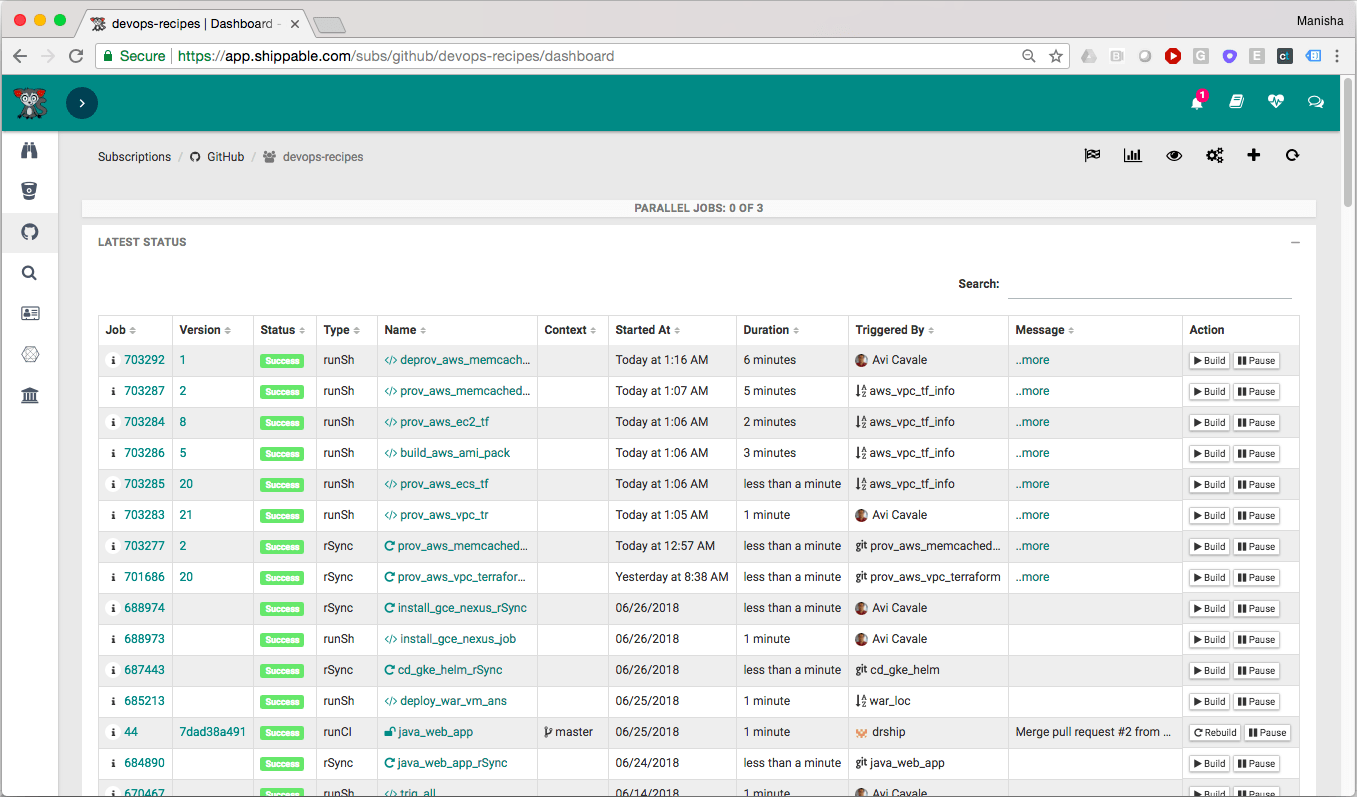 It helps in speeding up the process of software delivery. Shippable works as a SaaS platform that allows developers to reduce the time for building, testing, and deploying the code.
It helps in speeding up the process of software delivery. Shippable works as a SaaS platform that allows developers to reduce the time for building, testing, and deploying the code.
Shippable is a non-stop automation platform that works on the DevOps approach and provides visibility to the entire workflow. You can integrate this tool with other software architecture and technology stacks too.
Highlights:
- With it, you can create Docker images from repositories.
- Allows integration with popular Docker registries.
- Can be easily integrated with popular container orchestration tools, like Kubernetes for deploying containers.
15. CodeFresh
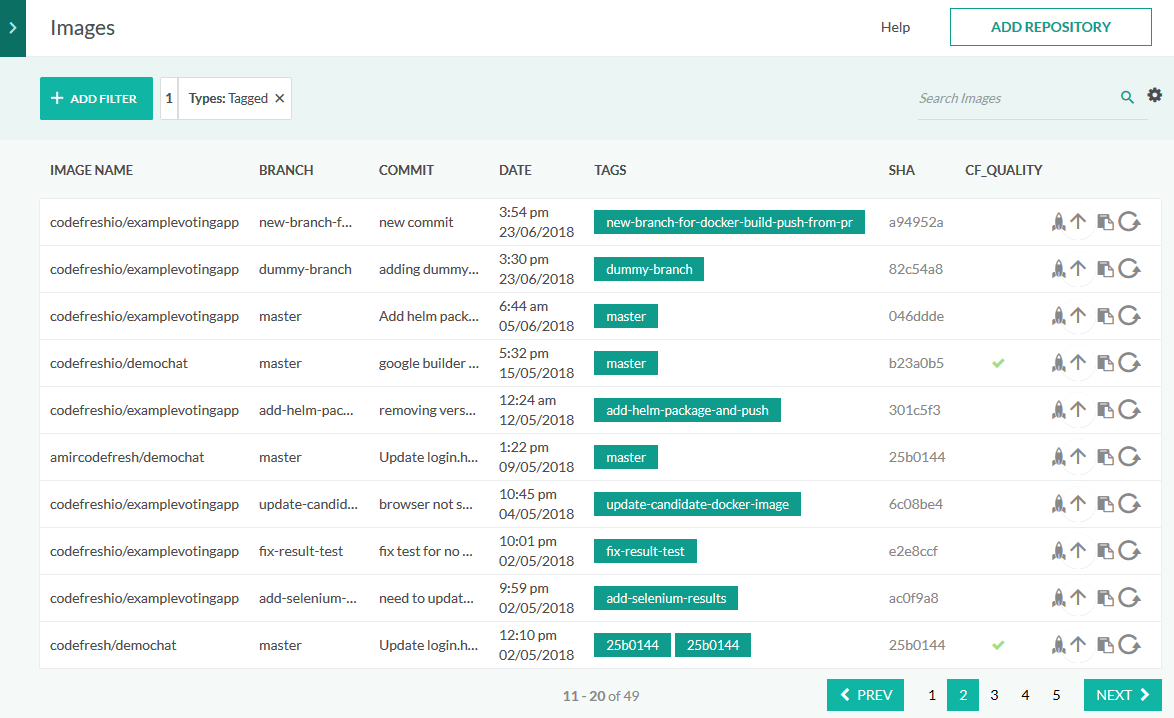 It offers several tools that allow developers to create and automate delivery pipelines. Built on Kubernetes, CodeFresh ensures faster and more efficient resource management along with caching services.
It offers several tools that allow developers to create and automate delivery pipelines. Built on Kubernetes, CodeFresh ensures faster and more efficient resource management along with caching services.
CodeFresh provides a continuous integration process from the development to the deployment of the applications.
Highlights:
- Allows you to create Docker images with every update.
- Helps in testing every individual or fragment of composition build.
- Offers both free and paid subscriptions.
16. Travis CI
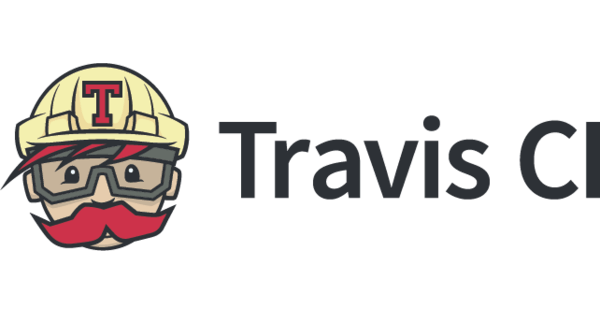 Travis CI is an open-source CI project that helps in enhancing the efficiency of application development. It allows you to automate the builds and the testing process of the code changes done by the developers.
Travis CI is an open-source CI project that helps in enhancing the efficiency of application development. It allows you to automate the builds and the testing process of the code changes done by the developers.
Travis CI works as a SaaS platform that provides you with immediate feedback on the code changes.
Highlights:
- Allows you to automate the development process along with other development parts.
- Helps in managing the deployments and the notifications about the changes.
17. Buddy
 It allows you to build, test, and deploy applications within no time and with incredible speed and productivity. Buddy works as a CI/CD and feedback platform and features a friendly user interface.
It allows you to build, test, and deploy applications within no time and with incredible speed and productivity. Buddy works as a CI/CD and feedback platform and features a friendly user interface.
Buddy offers many tools for enhancing the efficiency and productivity of the continuous integration process.
Highlights:
- Comes with support for all popular languages and easy integration with the same.
- Supports various web and computer frameworks, like Angular, NodeJs, and .NET core.
- Offers a range of paid plans.
18. Drone
 Drone is a CI tool that works as a deployment-as-a-service platform. It is based on container technology that works in conjunction with Go and Docker.
Drone is a CI tool that works as a deployment-as-a-service platform. It is based on container technology that works in conjunction with Go and Docker.
With Drone, there is no need to install, configure, or maintain any server. It can be easily integrated with BitBucket, Heroku, and other available tools for automating the code build, testing, and deploying the same using Docker containers.
Highlights:
- Helps in sharing and creating plugins.
- Allows advanced customization of workflows.
- Keeps the build(s) isolated.
- Ensures effortless and automatic scaling.
19. Wercker
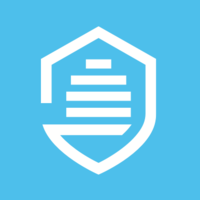 It is a Docker-based CI/CD platform for automating software development and deployment within the microservice architecture.
It is a Docker-based CI/CD platform for automating software development and deployment within the microservice architecture.
Wrecker can be easily integrated with Kubernetes. It helps the developers to automate the deployment workflows so that they can focus better on developing applications.
Highlights:
- Can be integrated with Slack for effective team communication.
- Provides smooth and efficient integration, and executes parallel tasks.
- Comes with a web interface, command-line interface, and REST API.
Monitoring
20. Sumologic
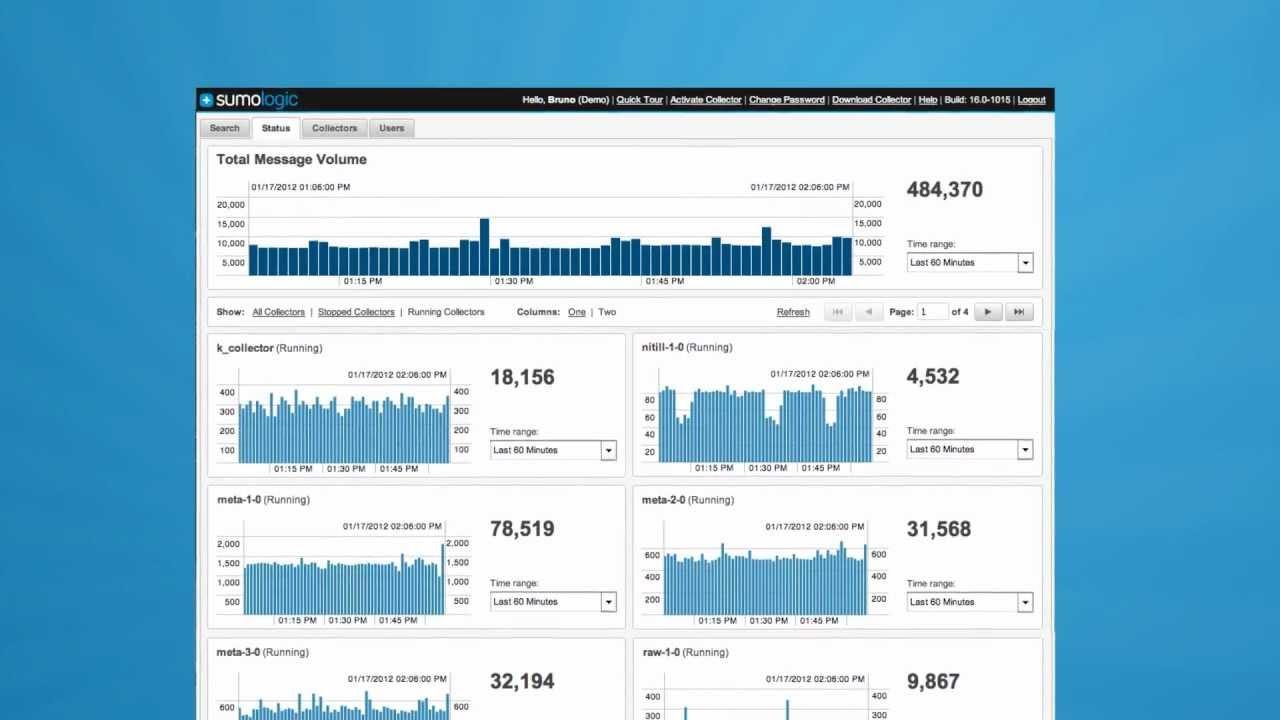 It is a cloud-based log review tool. It helps in analyzing, visualizing, and alerting options. Sumologic ensures real-time security and information that helps you to diagnose and debug application-related issues easily.
It is a cloud-based log review tool. It helps in analyzing, visualizing, and alerting options. Sumologic ensures real-time security and information that helps you to diagnose and debug application-related issues easily.
Sumologic can be integrated with machine learning for quick discovery and future threat prediction before it becomes an issue for end-users.
Highlights:
- Provides encryption for sensitive data with multi-factor authentication.
- Allows role-based permissions.
- Helps in managing and maintaining real-time workflow.
- Offers automatic notifications and alerts.
21. Retrace
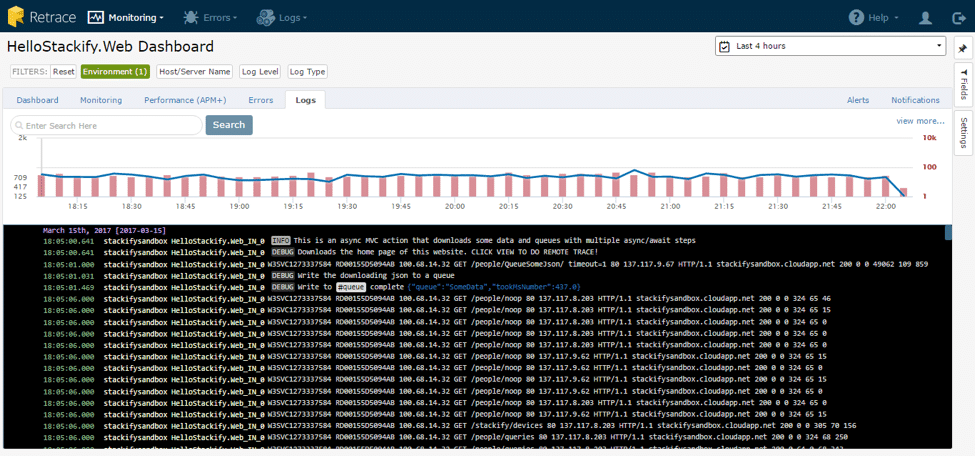 Retrace is a developer tool that works on combining APM, logs, errors, and metrics. It combines robust monitoring with excellent logging capabilities. The monitoring tool has a centralized repository and provides you with real-time alerts and notifications for new mistakes.
Retrace is a developer tool that works on combining APM, logs, errors, and metrics. It combines robust monitoring with excellent logging capabilities. The monitoring tool has a centralized repository and provides you with real-time alerts and notifications for new mistakes.
Highlights:
- Helps in identifying top and unique errors.
- Quickly identifies spikes in the error rates.
- Can track the application errors without even logging them.
- Collects errors automatically.
22. Datadog
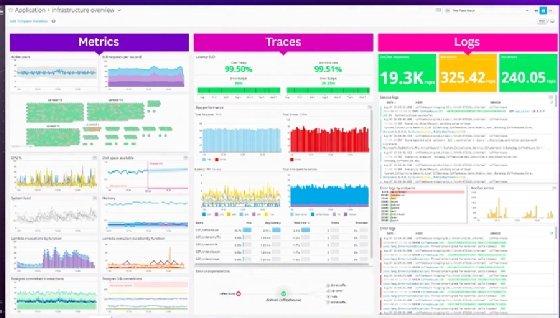 It is a SaaS-based data analytics platform that helps in generating and collecting metrics for large-scale cloud environments. It provides full-stack monitoring services for Docker. It allows you to monitor your applications as they scale.
It is a SaaS-based data analytics platform that helps in generating and collecting metrics for large-scale cloud environments. It provides full-stack monitoring services for Docker. It allows you to monitor your applications as they scale.
Highlights:
- You can customize the dashboard as per your data preference.
- You can get in-depth monitoring details of your Docker container.
- It provides you with real-time alerts and notifications about critical issues.
23. New Relic
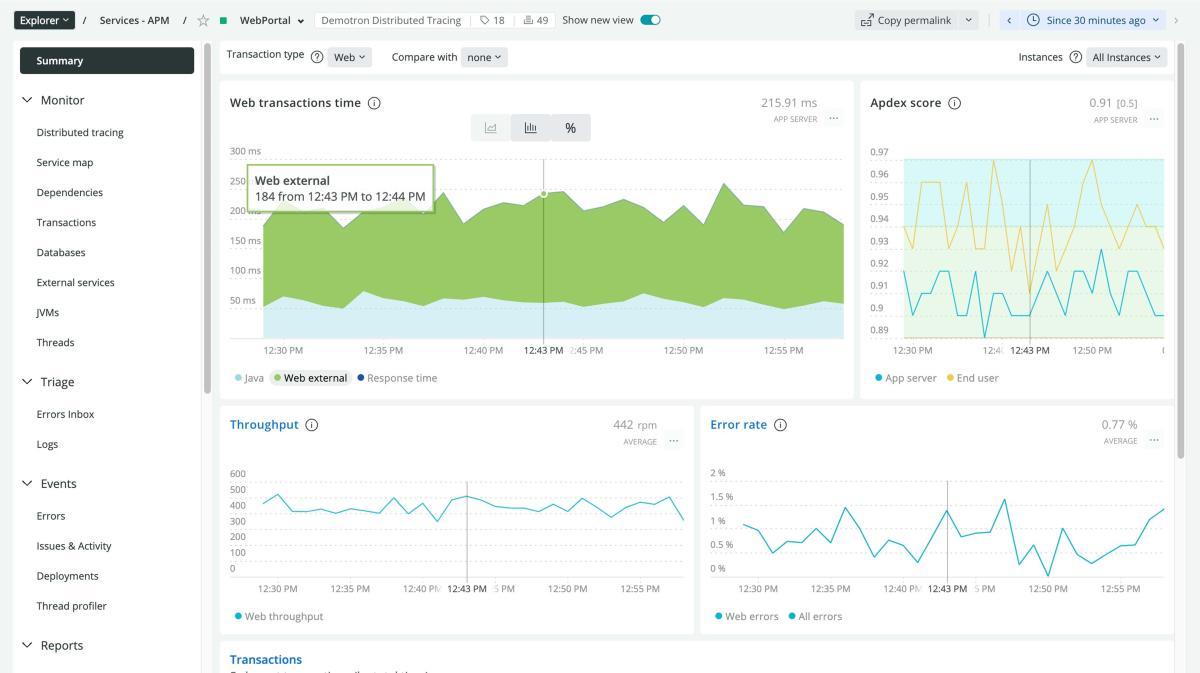 It is entirely a SaaS-based performance management solution that helps developers debug and solve application performance-related problems in real-time. New Relic comes with APM (application performance monitoring) that provides you with complete, quick visibility of your application.
It is entirely a SaaS-based performance management solution that helps developers debug and solve application performance-related problems in real-time. New Relic comes with APM (application performance monitoring) that provides you with complete, quick visibility of your application.
New Relic has a Linux agent that collects the metrics for Docker containers automatically. It runs on various hosts.
Highlights:
- Allows you to debug performance-related problems.
- Provide in-depth visibility of your application.
24. cAdvisor
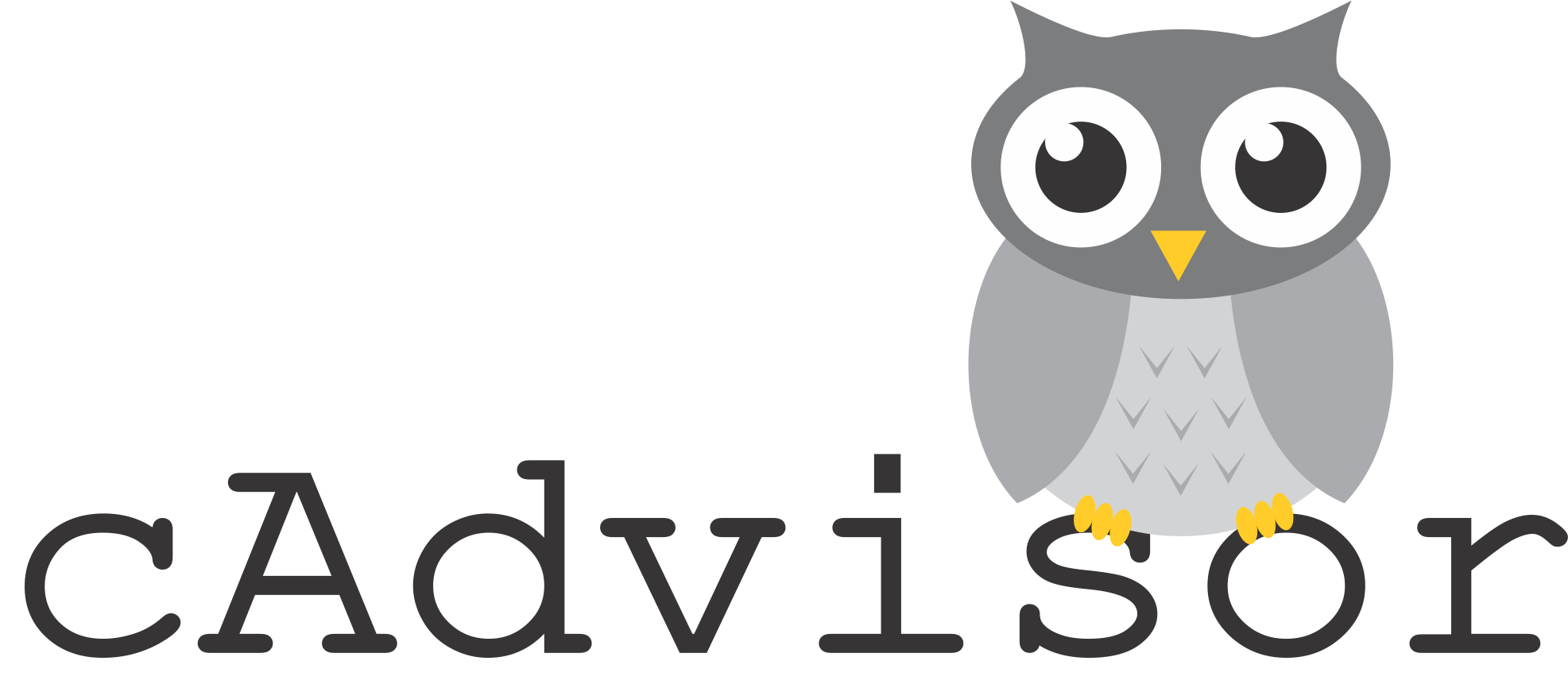 cAdvisor is a monitoring solution introduced by Google. It helps in analyzing the performance of the applications and how the resources are being utilized by the containers running with Docker.
cAdvisor is a monitoring solution introduced by Google. It helps in analyzing the performance of the applications and how the resources are being utilized by the containers running with Docker.
The monitoring software comes with a feature that allows it to generate and collect metrics, like network statistics, parameters for resource isolation, and what resources are used by that container, for a particular container.
Highlights:
- Available for free.
- Analyze the application’s performance.
- Analyze the resource utilization.
25. Pagerduty
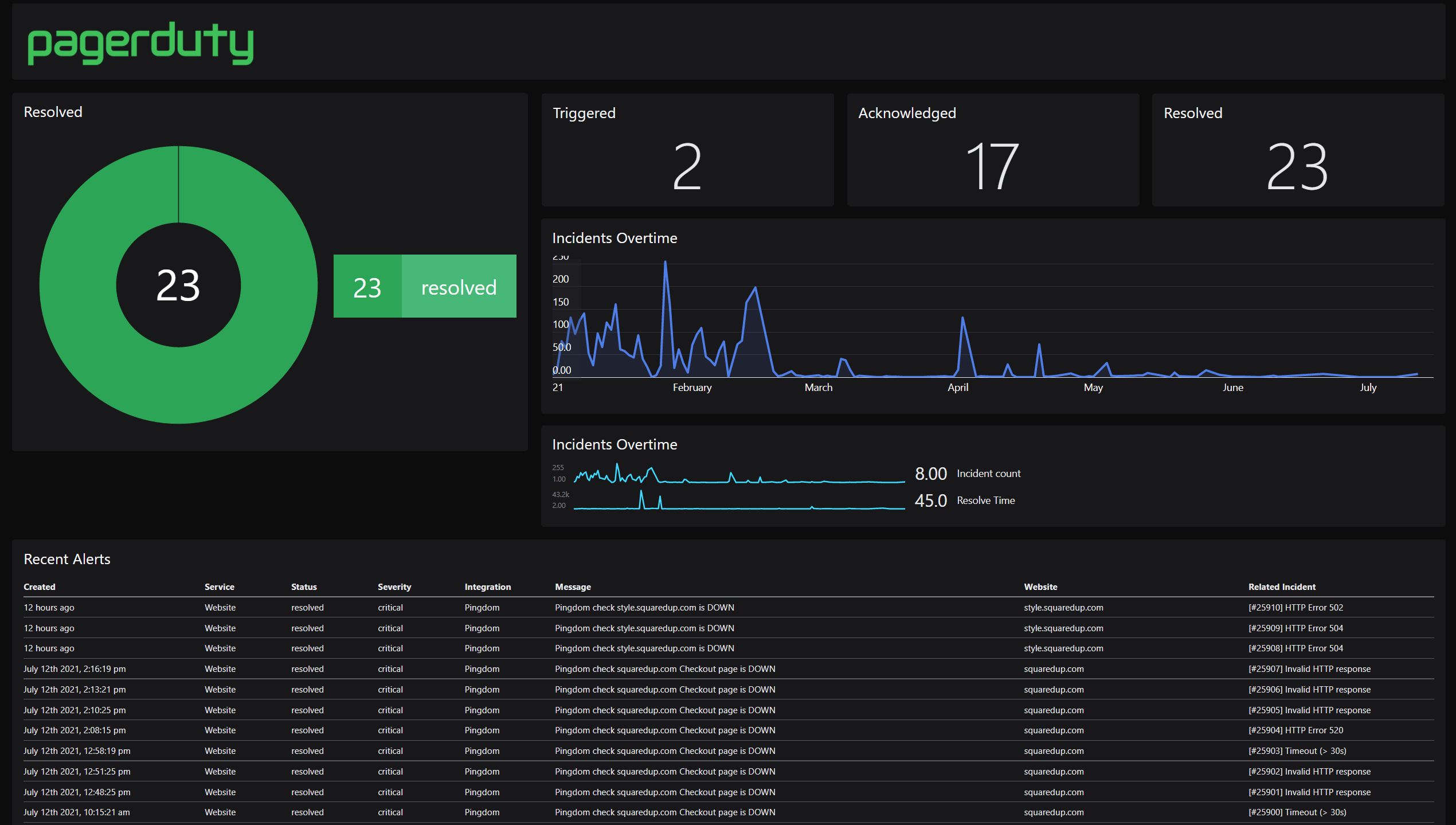 Pagerduty is the most commonly used incident management tool. It provides a mature routing system for handling alerts and alarms in case of any failure while running an application.
Pagerduty is the most commonly used incident management tool. It provides a mature routing system for handling alerts and alarms in case of any failure while running an application.
Highlights:
- Works well for complex Dockerized applications and helps in monitoring errors at the entry level.
- Uses the proper system to send the right alert to the right team.
- You can even set complex routing rules that will notify the teams about ongoing issues and occurring errors.
Logging
26. Logspout
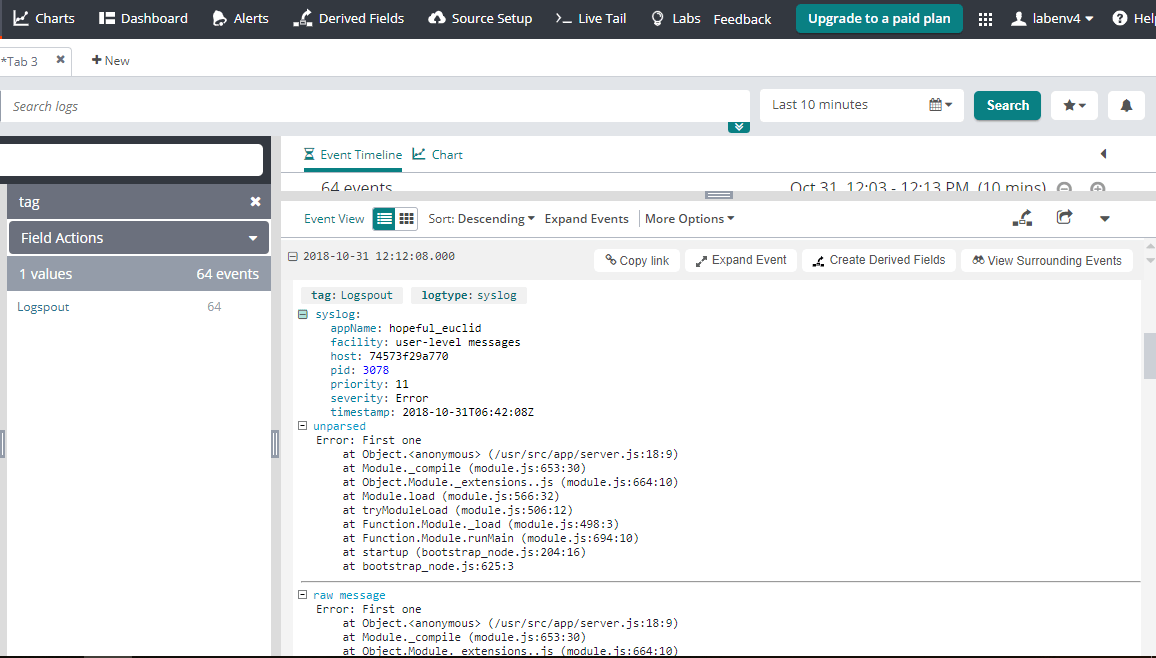 It is a great log monitoring tool that allows you to manage the logs of the applications running within the Docker containers.
It is a great log monitoring tool that allows you to manage the logs of the applications running within the Docker containers.
Logspout helps in routing all the logs generated by the containerized applications to a single location. It comes with an extensible module system. Also, this tool is available for free.
Highlights:
- Route the containerized application logs.
- Manage container logs.
27. Fluentd
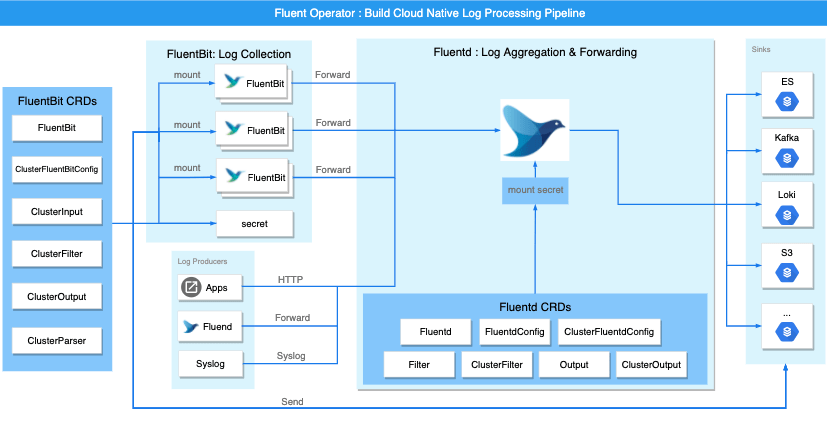 This logging tool is an open-source data collector or you can say it is a container that will collect and log all the information in other containers. It offers more than 500 plugins. With Fluentd, you can get information from several sources and provide data output for collecting the events.
This logging tool is an open-source data collector or you can say it is a container that will collect and log all the information in other containers. It offers more than 500 plugins. With Fluentd, you can get information from several sources and provide data output for collecting the events.
You can route the logs to any location wherever you want them using Fluentd. This helps in delivering tag-based routing that can even explain the complicated route efficiently. It is available for free.
Highlights:
- Offers several plugins for extra functionality.
- Helps in re-routing the logs to a particular location.
28. Logstash
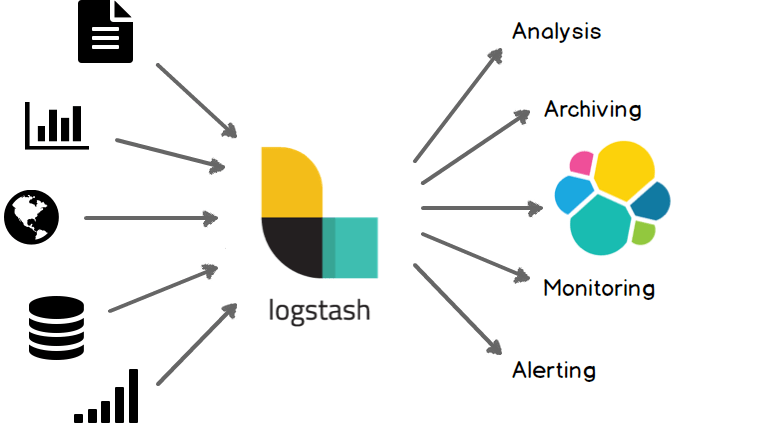 This logging tool comes as a part of the Elastic stack. You can use this tool along with Beats, Elasticsearch, and Kibana. Logstash is a server-side processing pipeline that helps in transporting, processing, aggregating, transforming, and pushing the logs from several data sources.
This logging tool comes as a part of the Elastic stack. You can use this tool along with Beats, Elasticsearch, and Kibana. Logstash is a server-side processing pipeline that helps in transporting, processing, aggregating, transforming, and pushing the logs from several data sources.
Highlights:
- Allows you to accept data in various formats, store it and then process it accordingly.
- Helps in sorting and collecting files based on their size and other customized labels.
- Provides you to choose from various output formats.
- Available for free.
29. Syslog-ng
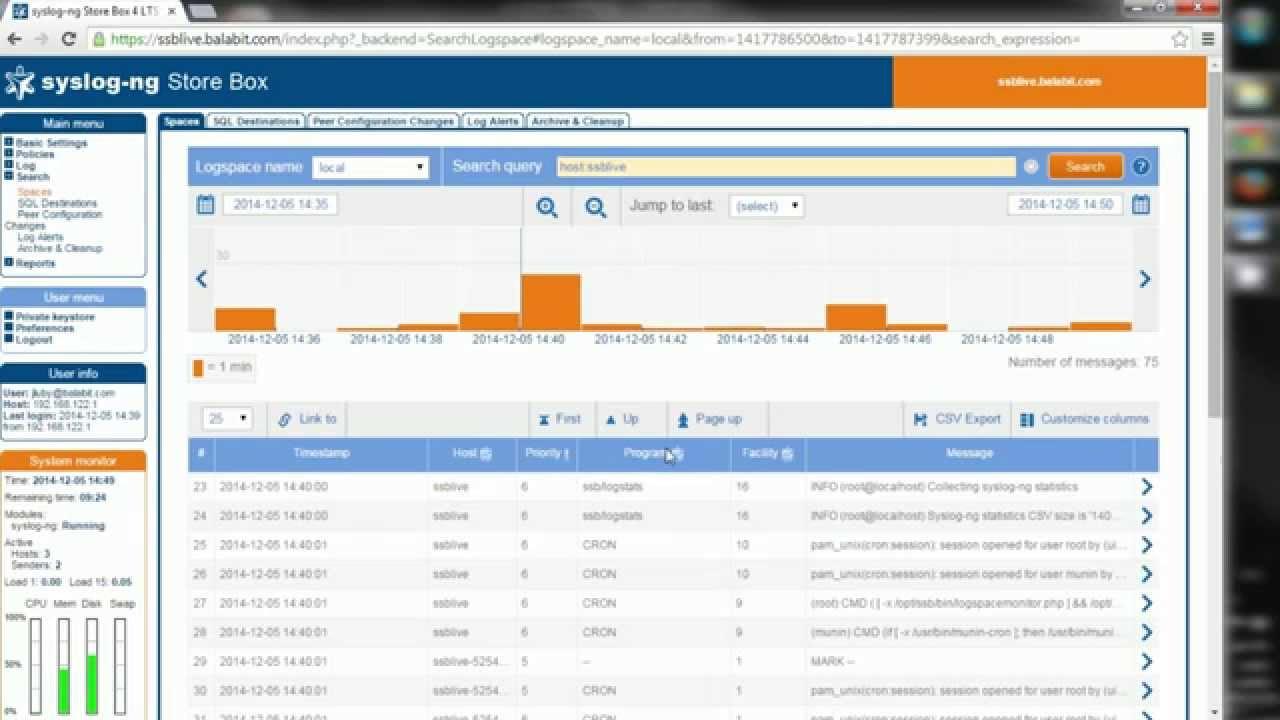 This tool helps you in collecting logs from various sources. These logs can be then processed in almost real-time just before they get routed to their particular location.
This tool helps you in collecting logs from various sources. These logs can be then processed in almost real-time just before they get routed to their particular location.
Syslog-ng comes with a well-trusted management infrastructure. This tool combines high-performance features that parse the message.
Highlights:
- Helps in processing real-time logs.
- This tool is available for free.
Storage
30. Flocker
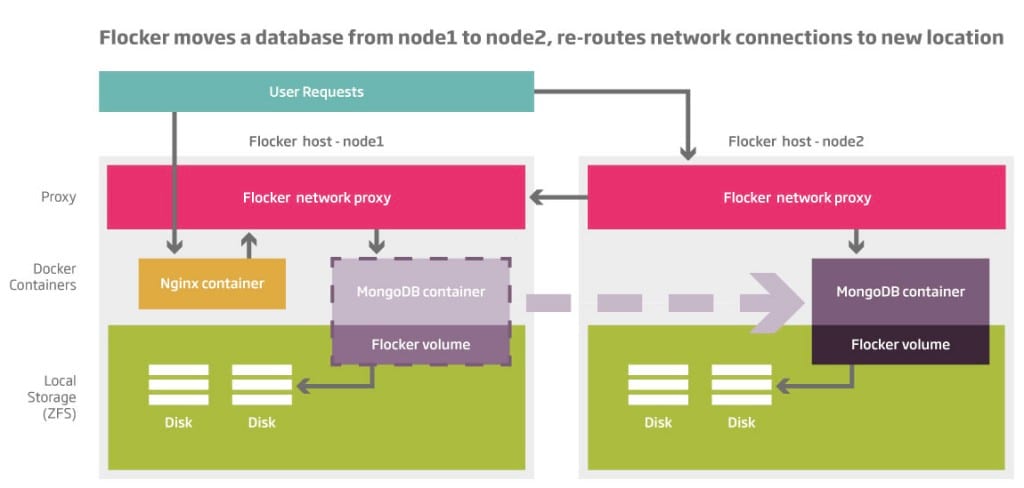 Docker containers are considered to be ephemeral, which means if you delete the Docker container, the storage will also be lost. If you want to store the container data persistently, you can use Flocker storage. It will help you to migrate the data along with the containers across the different infrastructures.
Docker containers are considered to be ephemeral, which means if you delete the Docker container, the storage will also be lost. If you want to store the container data persistently, you can use Flocker storage. It will help you to migrate the data along with the containers across the different infrastructures.
Highlights:
- Helps in managing container storage efficiently.
- Allows you to transfer data between the database and move the databases among various servers.
- Comes with the support of storage environments, like AWS EBS and persistent disk.
31. Convoy
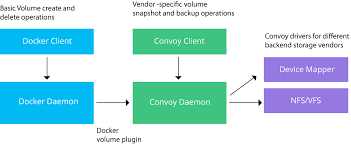 Convoy is a plugin under Docker introduced by Rancher. It helps in managing the persistent storage for the Docker containers. It is an open-source Docker volume driver that helps take snapshots and prepare backups to let you restore the Docker volume anywhere and whenever you want.
Convoy is a plugin under Docker introduced by Rancher. It helps in managing the persistent storage for the Docker containers. It is an open-source Docker volume driver that helps take snapshots and prepare backups to let you restore the Docker volume anywhere and whenever you want.
Convoy helps in creating Docker volumes on AWS that come with various features and performance of EBS. It also allows you to use the existing EBS volume to generate the volume attached to a Docker container.
Highlights:
- Manages the container’s persistent storage.
- Helps in creating backups and restoring data wherever you want.
32. Portworx
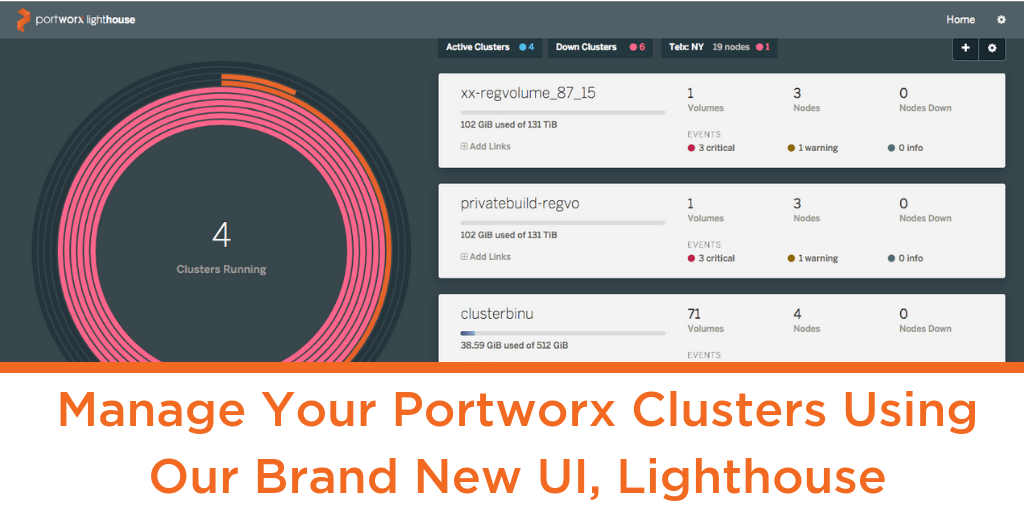 Portworx is considered a decentralized storage solution that helps you create persistently, shared, and replicated volumes for the Docker container. It helps in automating the deployment and operations of the data services on a large scale.
Portworx is considered a decentralized storage solution that helps you create persistently, shared, and replicated volumes for the Docker container. It helps in automating the deployment and operations of the data services on a large scale.
Highlights:
- It is a decentralized storage solution.
- Automate the deployment process.
33. Blockbridge
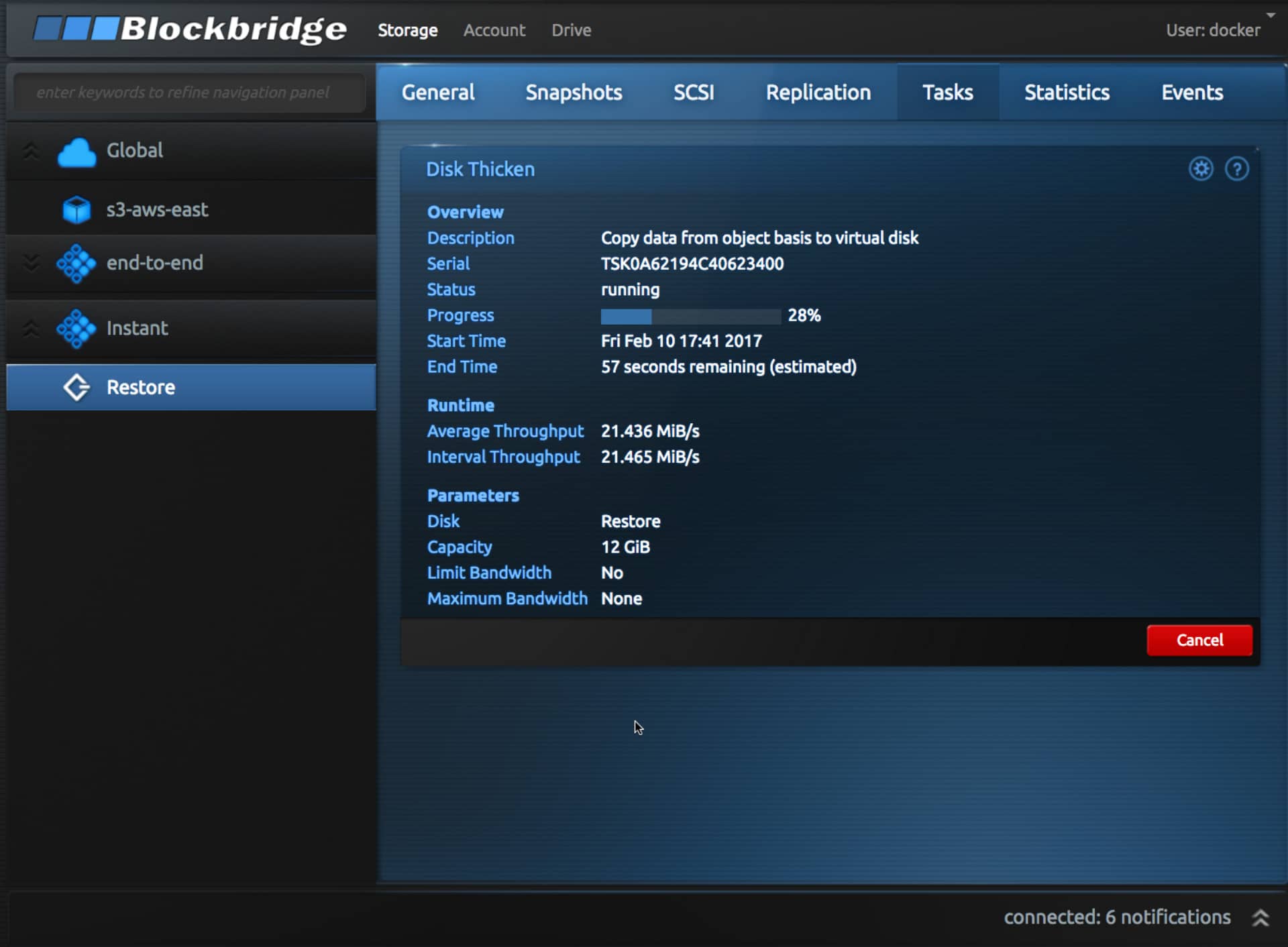 Blockbridge is a Docker plugin that helps in providing high-performance storage for containerized applications along with advanced security. This tool is available for free.
Blockbridge is a Docker plugin that helps in providing high-performance storage for containerized applications along with advanced security. This tool is available for free.
Highlights:
- It is a Docker plugin for high-performance storage.
- This tool is available for free.
Security
34. Clair
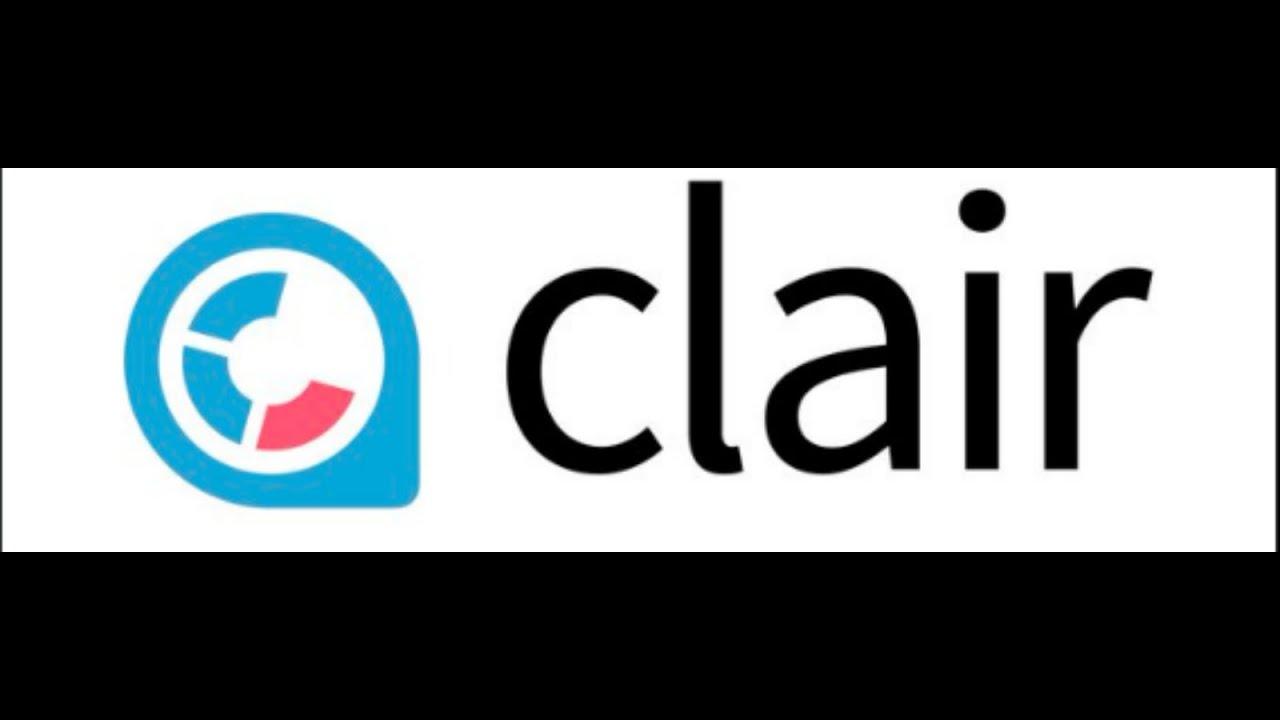 It is an open-source project that helps identify and analyze the vulnerable endpoints within Docker and appc containerized applications. It will ingest the metadata regarding the vulnerable containers regularly from customized and configured sources.
It is an open-source project that helps identify and analyze the vulnerable endpoints within Docker and appc containerized applications. It will ingest the metadata regarding the vulnerable containers regularly from customized and configured sources.
Teams use these sources to identify the potential threats within the container images and those present upstream. Security is available for free.
Highlights:
- Scans container vulnerability metadata for Docker containers to identify threats.
- Provides a transparent view of the security of the container-based infrastructure.
35. Aqua Security
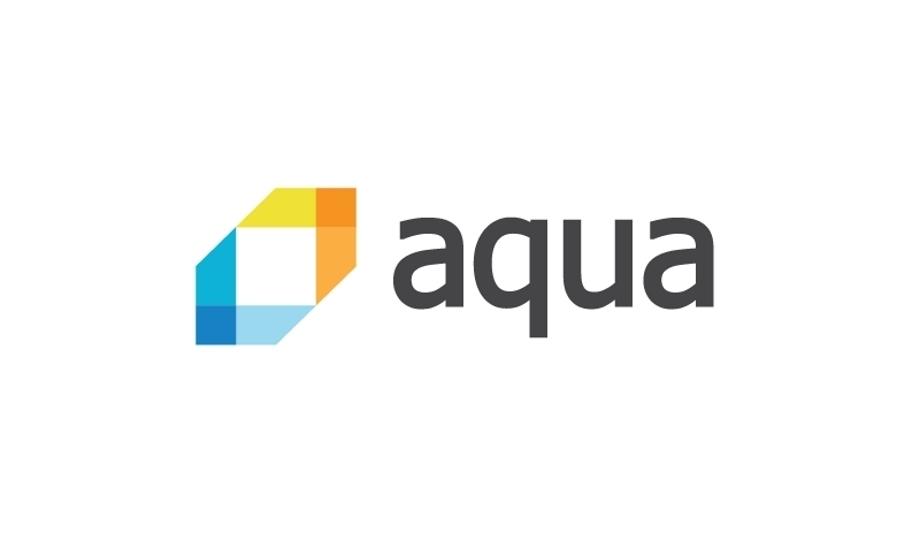 This third-party security tool for Docker works efficiently on any platform and helps in securing container-based applications by offering full-stack security. Aqua Security is purposely built for different platforms and allows you to have tight control of your containerized environment.
This third-party security tool for Docker works efficiently on any platform and helps in securing container-based applications by offering full-stack security. Aqua Security is purposely built for different platforms and allows you to have tight control of your containerized environment.
It is a comprehensive security tool that helps in providing full visibility.
Highlights:
- Aqua Security helps in handling the process from the development phase to the deployment phase.
- The pricing for the tool is based on what software you are using and the Azure infrastructure cost for the underlying virtual machine.
36. Twistlock
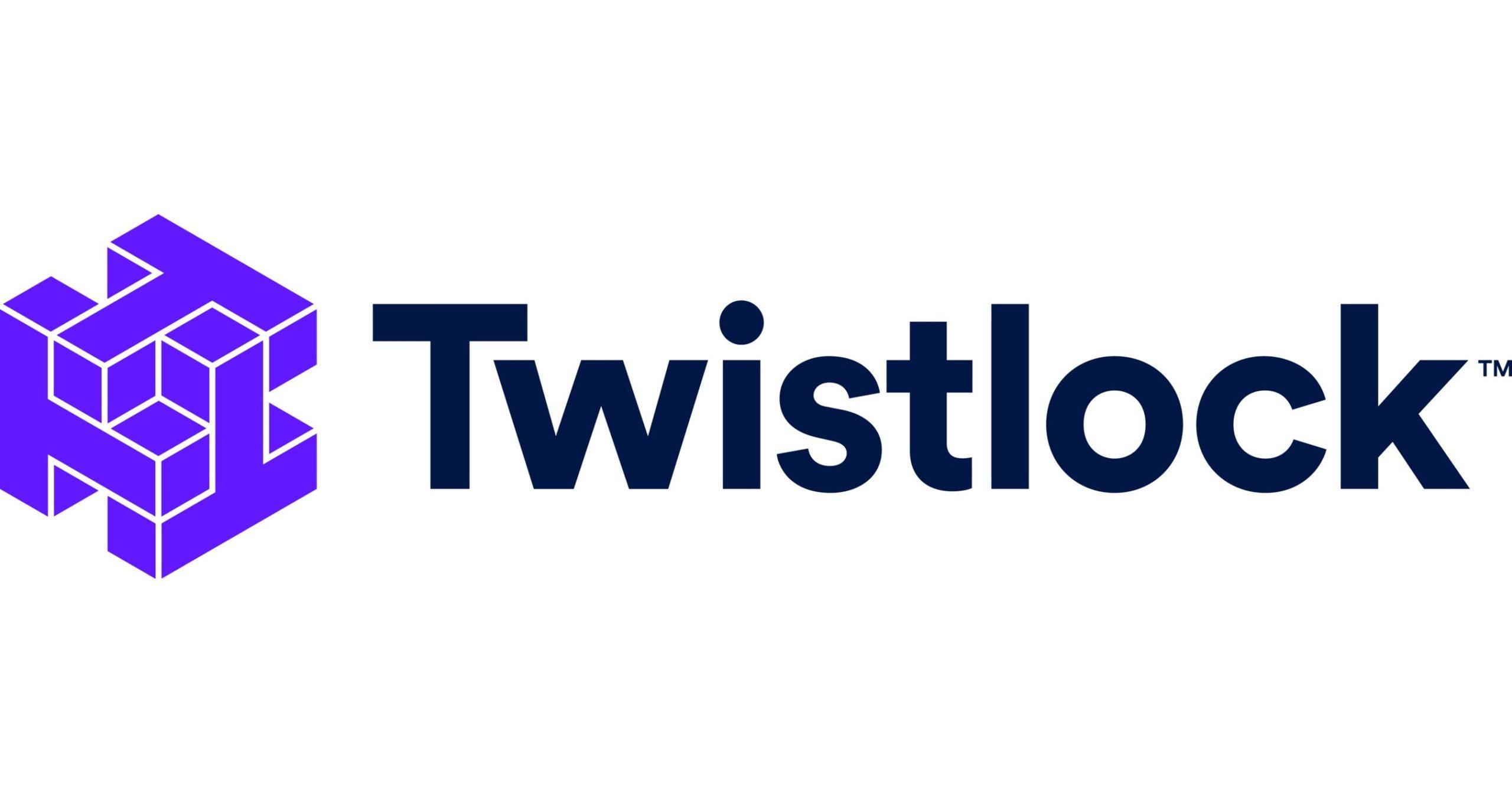 It is a complete security tool that allows you to solve security issues within the containerized application process. Twistlock offers you end-to-end security solutions to detect vulnerabilities by enforcing multiple security layers for the Docker containers.
It is a complete security tool that allows you to solve security issues within the containerized application process. Twistlock offers you end-to-end security solutions to detect vulnerabilities by enforcing multiple security layers for the Docker containers.
Highlights:
- Twistlock allows you to harden the container images and implements various security policies throughout the lifecycle of an application.
- Pricing depends on the chosen subscription plan and the infrastructure option.
37. Docker Bench for Security
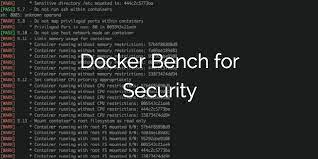 Docker Bench for Security comes as a pre-built packaged container that can be deployed efficiently on any Docker host seamlessly. This tool is a collection of bash shell scripts that you need to run as a root user.
Docker Bench for Security comes as a pre-built packaged container that can be deployed efficiently on any Docker host seamlessly. This tool is a collection of bash shell scripts that you need to run as a root user.
Highlights:
- You can check for the best security practice available during testing before deploying the containerized application to the production environment.
38. Docker Notary
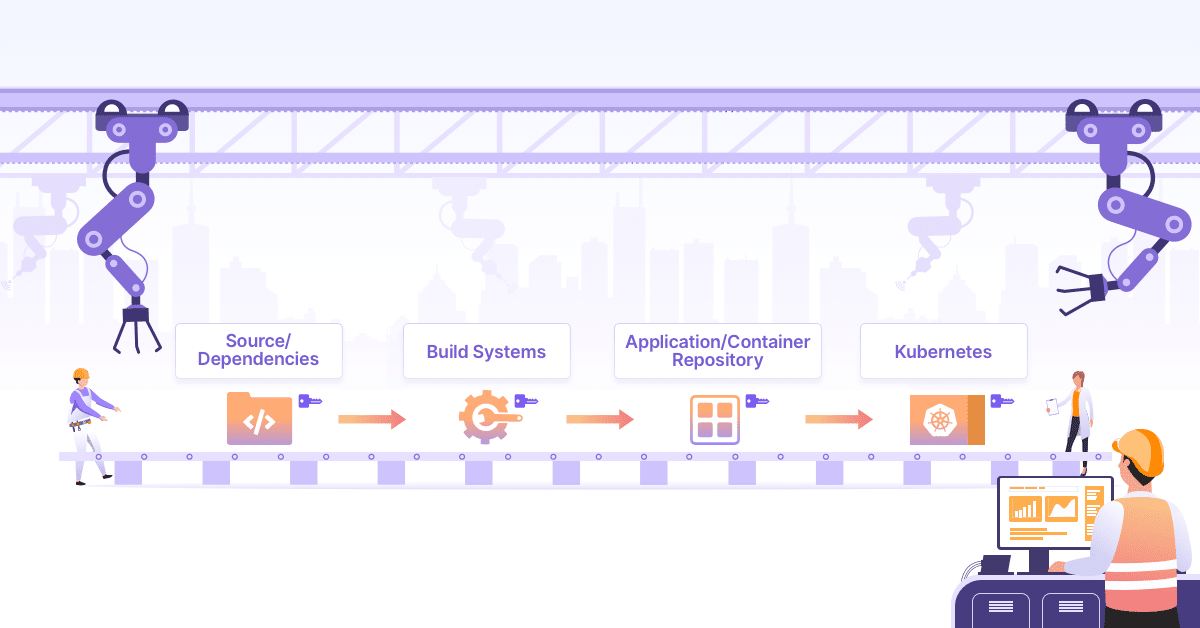 This tool is an open-source project that is from Docker. Docker Notary helps in providing full security over the data collections. You can run a Notary service that will allow you to publish and manage arbitrary content.
This tool is an open-source project that is from Docker. Docker Notary helps in providing full security over the data collections. You can run a Notary service that will allow you to publish and manage arbitrary content.
Highlights:
- You can also sign the published content digitally with Docker Notary, which helps the users to verify the integrity and origin of the content.
Networking
39. Flannel
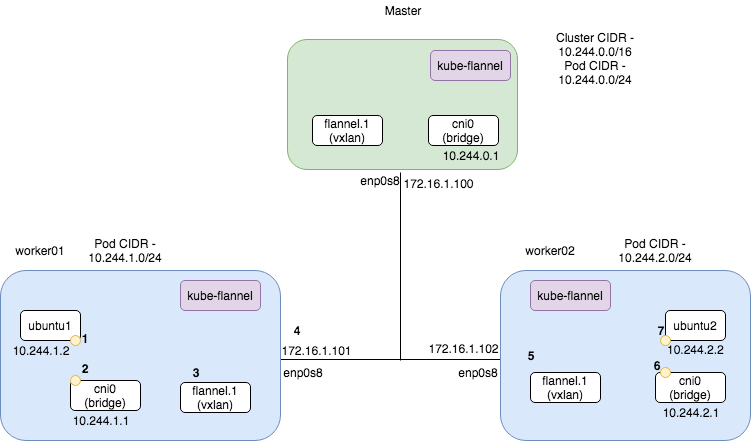 Flannel is a networking tool designed for Kubernetes. It provides a simple and efficient way to configure the secured network fabric with the help of the layer 3 IPv4 network among multiple nodes present within a cluster.
Flannel is a networking tool designed for Kubernetes. It provides a simple and efficient way to configure the secured network fabric with the help of the layer 3 IPv4 network among multiple nodes present within a cluster.
It does not allow you to control the container connectivity to the host platform. Instead, it will enable you to check how traffic is flowing among the various hosts.
Highlights:
- Available for free.
- Allows you to handle virtual networking with Kubernetes.
- Helps in creating and managing a subnet series.
- Reduces the port mapping complexities.
40. Calico
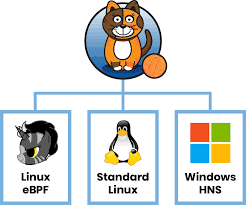 Calico is a scalable open-source project. This tool ensures a layer 3 approach to virtual networking that helps in supporting several clusters of virtual machines across multiple compute hosts.
Calico is a scalable open-source project. This tool ensures a layer 3 approach to virtual networking that helps in supporting several clusters of virtual machines across multiple compute hosts.
This network tool simplifies the network model design that allows you to support the fine-grained connectivity policies for each workload. Calico also allows you to manage the SDNs centrally. This tool is available for free.
Highlights:
- Helps to scale efficiently from laptop-level to enterprise deployment.
- Allows you to customize and define which connection to allow.
41. Weaveworks
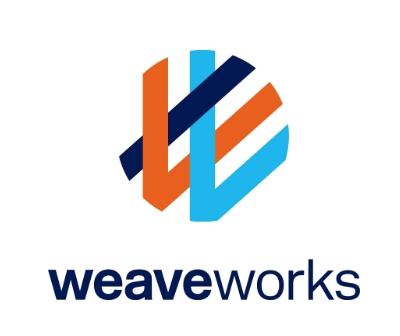 This tool offers the developers a productive way of connecting, observing, and controlling the Docker containers. Weaveworks also helps you create a flexible infrastructure for the virtual network that allows you to connect deployed containers across several hosts.
This tool offers the developers a productive way of connecting, observing, and controlling the Docker containers. Weaveworks also helps you create a flexible infrastructure for the virtual network that allows you to connect deployed containers across several hosts.
Highlights:
- Weaveworks helps in extending the efficiency of container orchestration tools, like Kubernetes and Docker Swarm.
- It also allows you to simplify container management in the production environment.
Service discovery
42. Consul
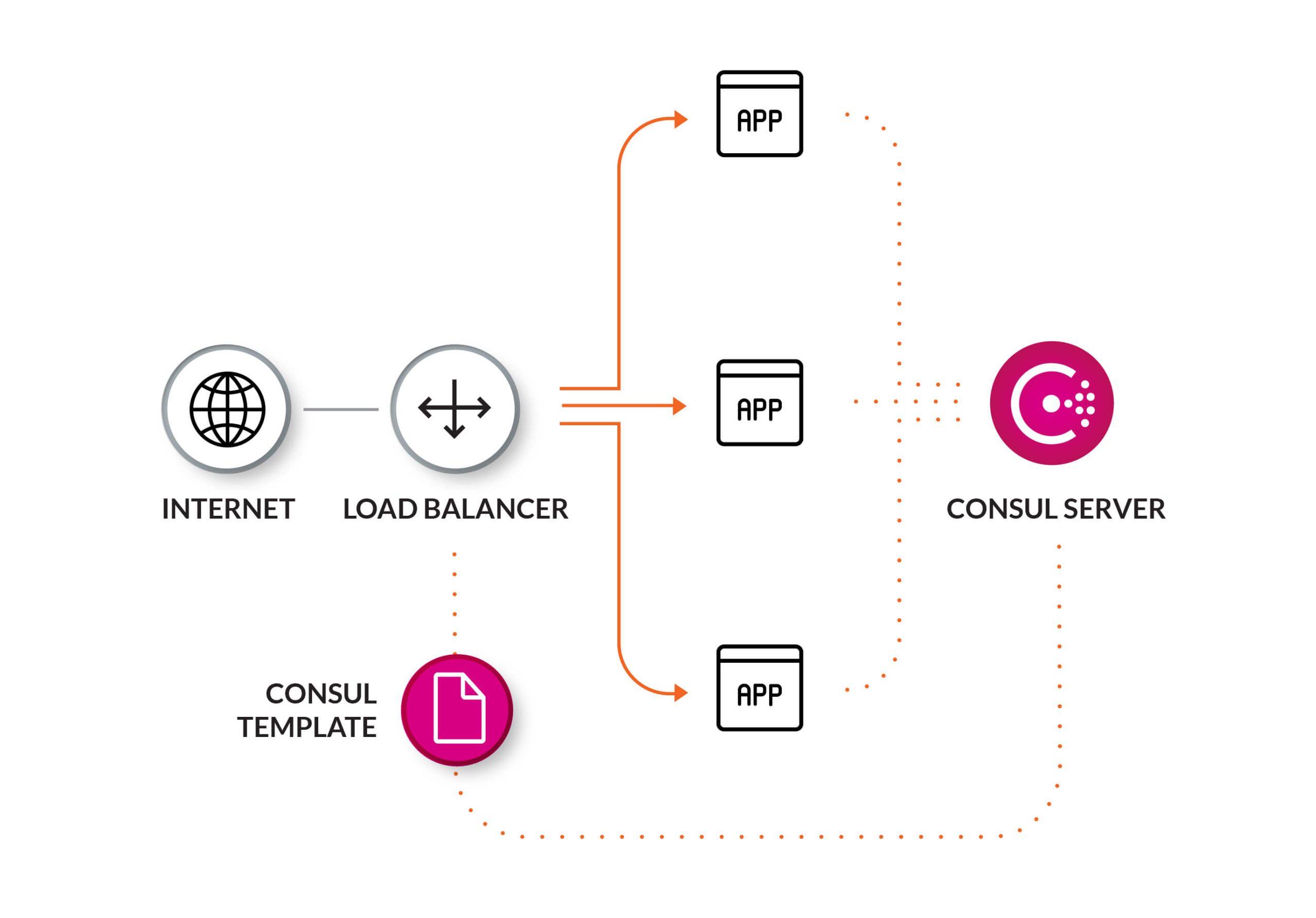 Consul is easy-to-use and has an open standard-based approach to service discovery. It can run on any platform from FreeBSD to Linux to macOS.
Consul is easy-to-use and has an open standard-based approach to service discovery. It can run on any platform from FreeBSD to Linux to macOS.
Highlights:
- This service discovery tool provides multiple-region support without having a complex configuration. It helps in service discovery, health checking, and key-value storage.
- This tool is available for free.
43. Etcd
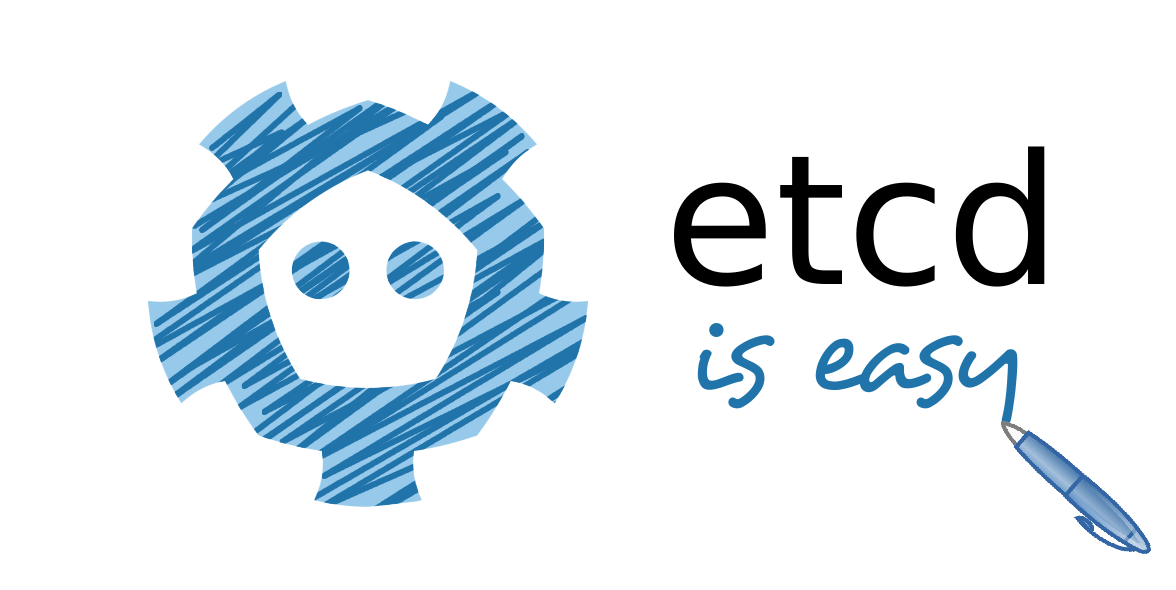 This tool is a key-value and highly-available store created by CoreOS. Etcd was designed for shared configs and service discovery. This tool provides a reliable way that helps in storing data over machine clusters.
This tool is a key-value and highly-available store created by CoreOS. Etcd was designed for shared configs and service discovery. This tool provides a reliable way that helps in storing data over machine clusters.
Highlights:
- Etcd was designed for clusters that ran on CoreOS.
- It now works with other operating systems too, including FreeBSD and Linux.
Builds
44. Packer
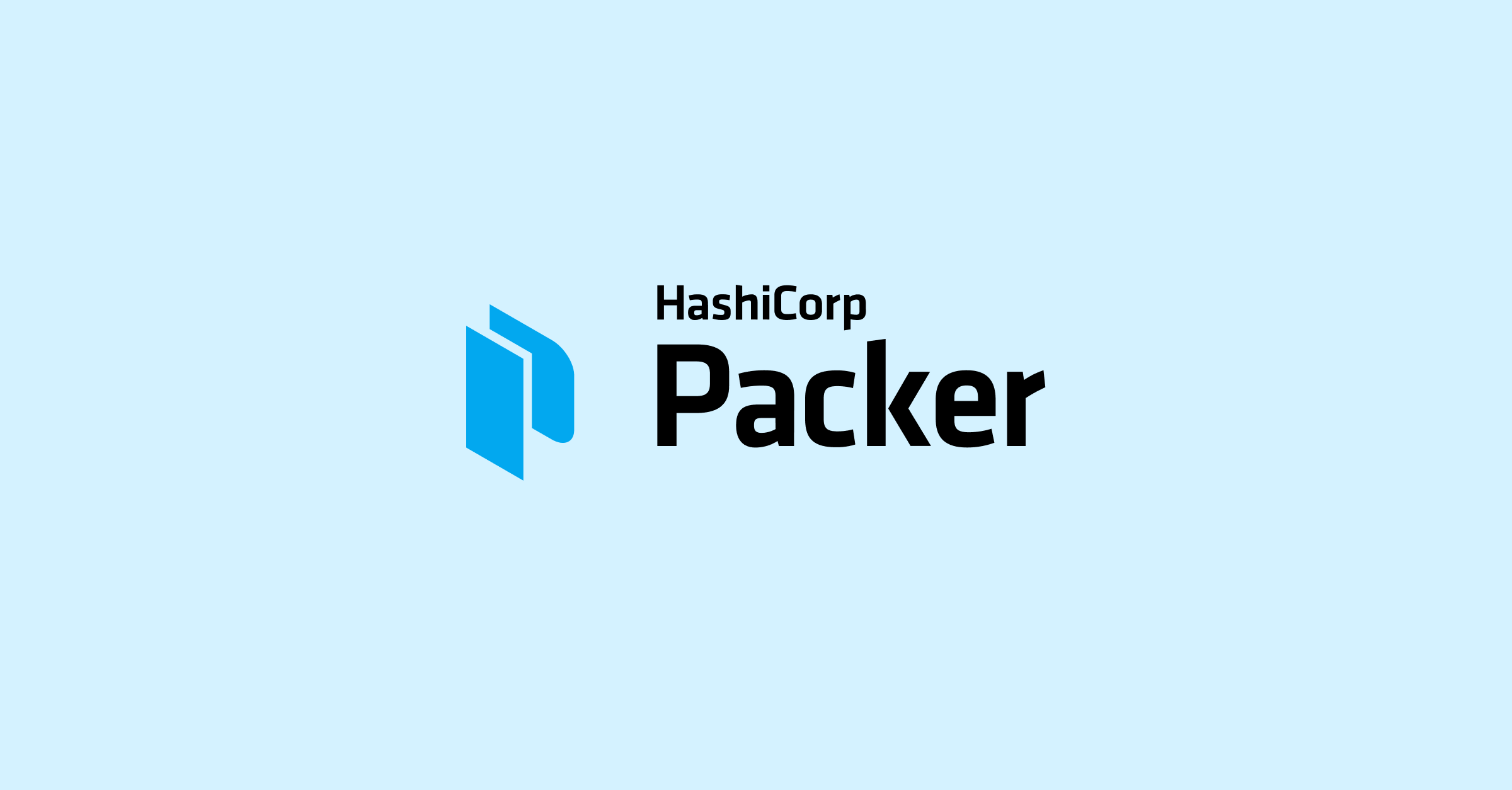 Introduced by Hashicorp, Packer helps in building machine images that include Docker. It can also be integrated with other configuration management tools, like Ansible, Chef, and Puppet.
Introduced by Hashicorp, Packer helps in building machine images that include Docker. It can also be integrated with other configuration management tools, like Ansible, Chef, and Puppet.
Highlights:
- Packer is very lightweight and can run on any platform from a single source configuration. It is available for free.
45. Whales
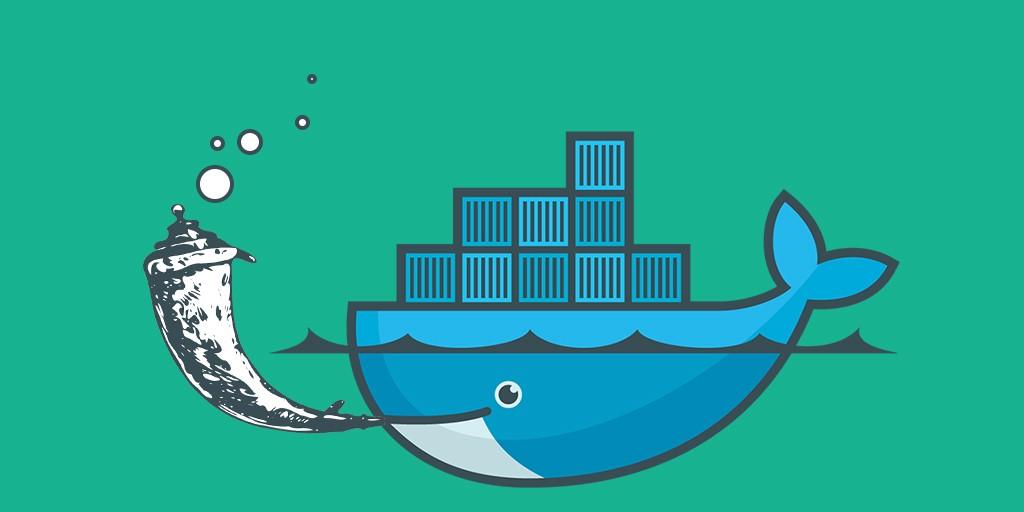 Whales allows you to dockerize the applications automatically. For this, you need to install and run Docker on your host machine. Whales will work on the output files to run the applications with the installed Docker.
Whales allows you to dockerize the applications automatically. For this, you need to install and run Docker on your host machine. Whales will work on the output files to run the applications with the installed Docker.
Highlights:
- Free-to-use.
- Install Docker as per your underlying OS for building applications.
46. Gradle
 Gradle is a plugin that allows you to build simple scripts to interact with the Docker daemon. It delegates each task to the Docker client, which later on connects to the Docker’s remote API using the HTTP connection. While sending the HTTP request, most of the used config parameters are optional in Gradle.
Gradle is a plugin that allows you to build simple scripts to interact with the Docker daemon. It delegates each task to the Docker client, which later on connects to the Docker’s remote API using the HTTP connection. While sending the HTTP request, most of the used config parameters are optional in Gradle.
Highlights:
- Available for free.
- It requires simple build scripts for performing actions.
PaaS (Platform as a Service)
47. OpenShift
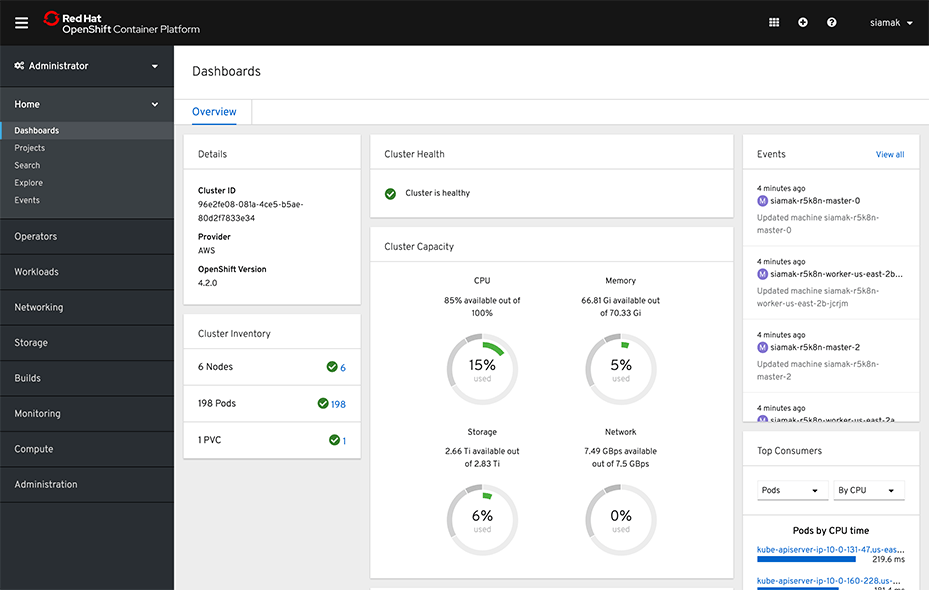 This is a PaaS platform introduced by Red Hat that focuses on Docker and Kubernetes. OpenShift helps in opening, editing, and managing the applications and containers from your cloud.
This is a PaaS platform introduced by Red Hat that focuses on Docker and Kubernetes. OpenShift helps in opening, editing, and managing the applications and containers from your cloud.
Highlights:
- OpenShift allows you to take the benefit of Kubernetes for orchestrating the containers paired with Docker serving as the base container technology.
48. Heroku Docker
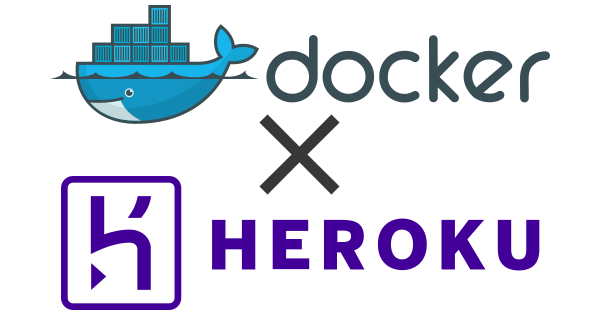 It is a leading PaaS platform that offers you more than 150 add-ons and more than 3,000 ready-to-deploy buttons. Heroku Docker helps in increasing production time and decreasing the time for resolving issues.
It is a leading PaaS platform that offers you more than 150 add-ons and more than 3,000 ready-to-deploy buttons. Heroku Docker helps in increasing production time and decreasing the time for resolving issues.
Highlights:
- Heroku Docker helps in providing complete assistance with failovers, upgrading, patching, and building systems.
- This platform now helps in supporting the Docker workflows too.
49. Jelastic
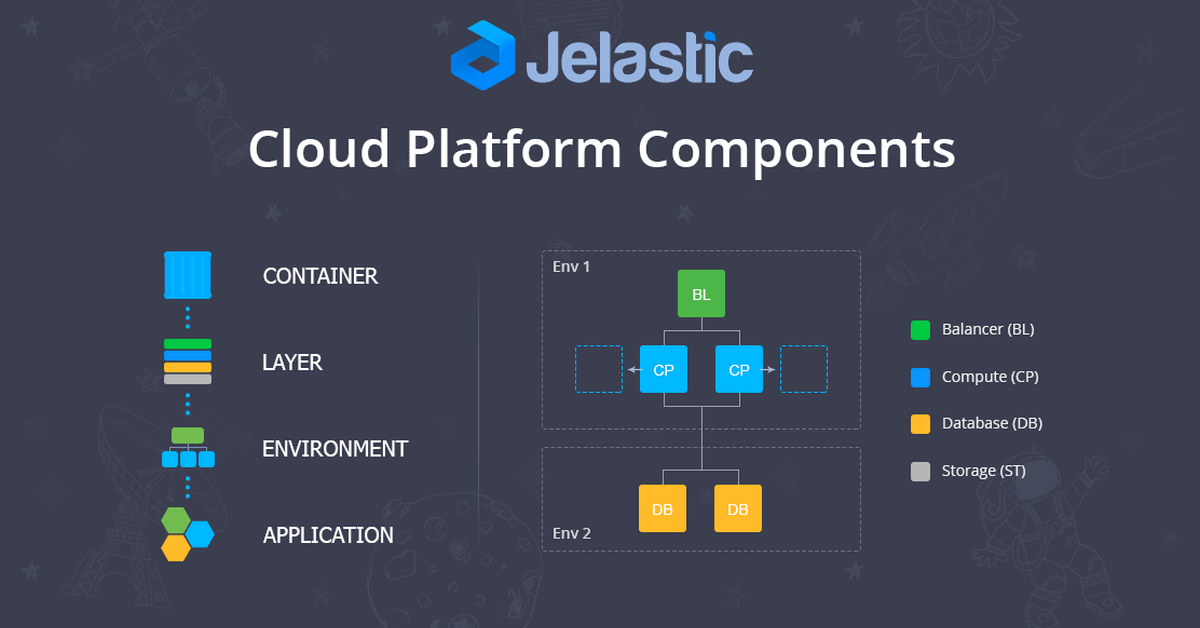 Jelastic allows you to focus on building your application while it handles all the heavy workloads of the application. It will help you in hosting the applications on any cloud provider along with high portability.
Jelastic allows you to focus on building your application while it handles all the heavy workloads of the application. It will help you in hosting the applications on any cloud provider along with high portability.
Highlights:
- Jelastic allows you to support legacy applications and enables you to transfer the code from one platform to another.
- This tool is available for free.
50. Flynn
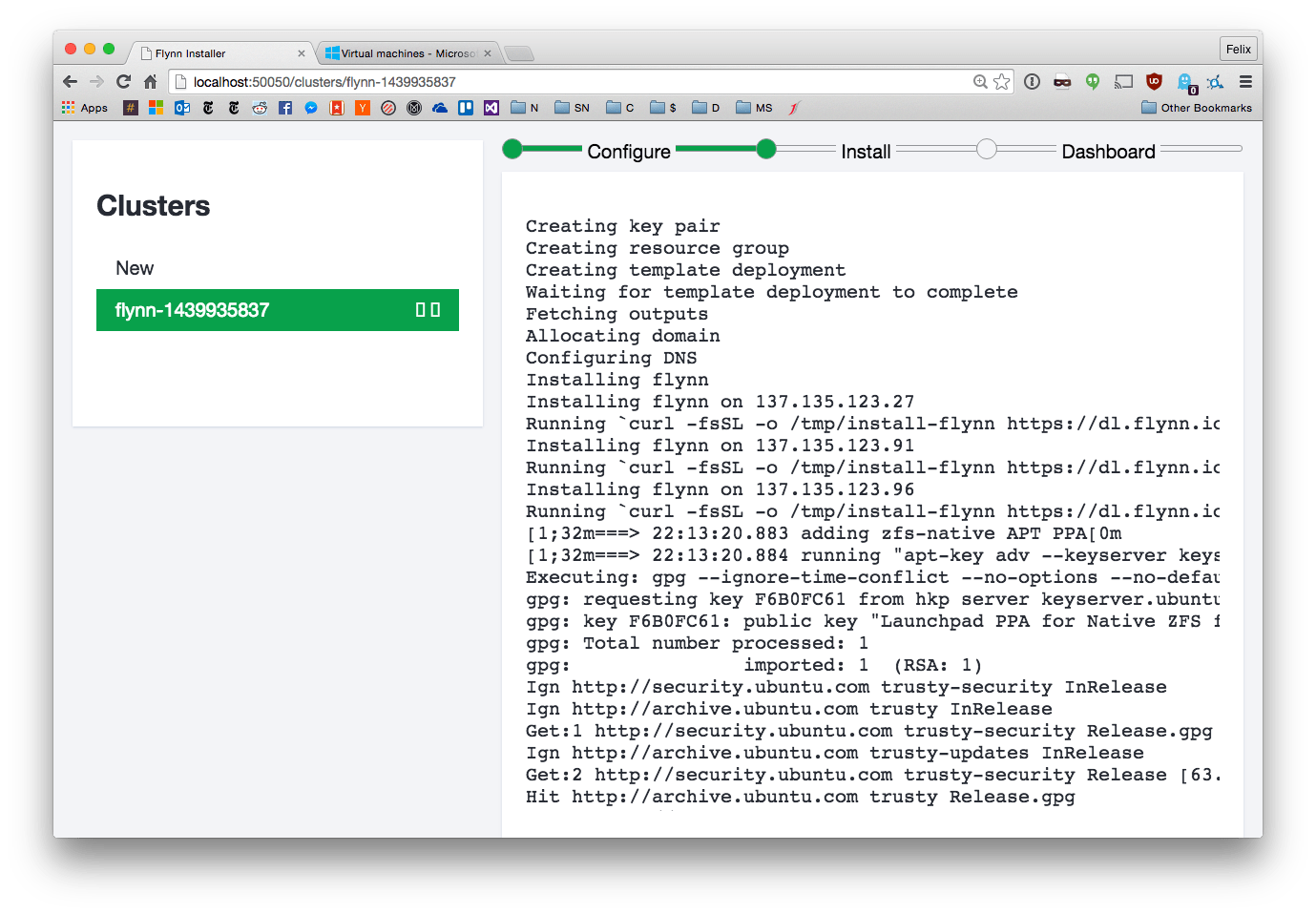 This is a PaaS platform based on an open-source tool. Flynn helps in creating, deploying, and hosting various applications. This platform offers you multiple plugins and extensions.
This is a PaaS platform based on an open-source tool. Flynn helps in creating, deploying, and hosting various applications. This platform offers you multiple plugins and extensions.
Highlights:
- Flynn can be easily integrated with Docker for application deployment.
- It allows automatic scanning of applications for debugging.
Conclusion
That sums up this list of the 50 best Docker tools in various categories. These tools will help you in every aspect of the DevOps process and make every step easier for you.
Support for a wide range of tools is among the best reasons to adopt Docker. Being so helps in easing tasks for developers, thus, making Docker an excellent choice for managing containers.
So what do you think about these Docker tools? Did we miss your favorite one(s)? Drop your answers via comments.
Frequently Asked Questions (FAQs)
1. Is Docker open source?
Yes, Docker is an open-source platform for building, deploying, and managing containerized applications.
2. Is Docker a deployment tool?
Yes, Docker is a deployment tool as well as a toolkit that enables developers to create, deploy, run, update, and stop applications in containers through simple commands. Containerization is the use of Linux containers to deploy applications.
3. What is Docker in DevOps?
DevOps environment includes various continuous phases, including development, integration, testing, deployment, and monitoring. Docker is used in the Continuous Deployment stage of the DevOps ecosystem and plays an important role in the environment.
4. Is Docker a VM?
No, Docker isn’t a virtual machine. A virtual machine requires multiple or different kernels to run applications across servers. However, in the case of Docker, a single operating system kernel is effectively used to run multiple applications across all containers.
5. What is Docker in AWS?
By running Docker on AWS, developers and admins have a highly reliable and low-cost way to build, ship, and run distributed applications at any scale.
6. Where is Docker used?
Docker can be used in the following cases:
- Docker can be used as a version control system for your entire app’s operating system.
- To distribute or collaborate your app’s operating system with a team, you can use Docker.
- To run your code on your laptop in the same environment as you have on your server, you can use Docker.
7. Why is Docker so popular?
Docker has revolutionized the process of application development by allowing developers to break down their applications into smaller services. Each service is like a microcomputer with a specific function and can be isolated from other services. This enables app developers to control several containers as part of a single application, like running an app and a database together.
According to Gartner, 70% of organizations will be running multiple containerized apps by 2023. So, Docker is going to be the most-wanted tool.
People are also reading: